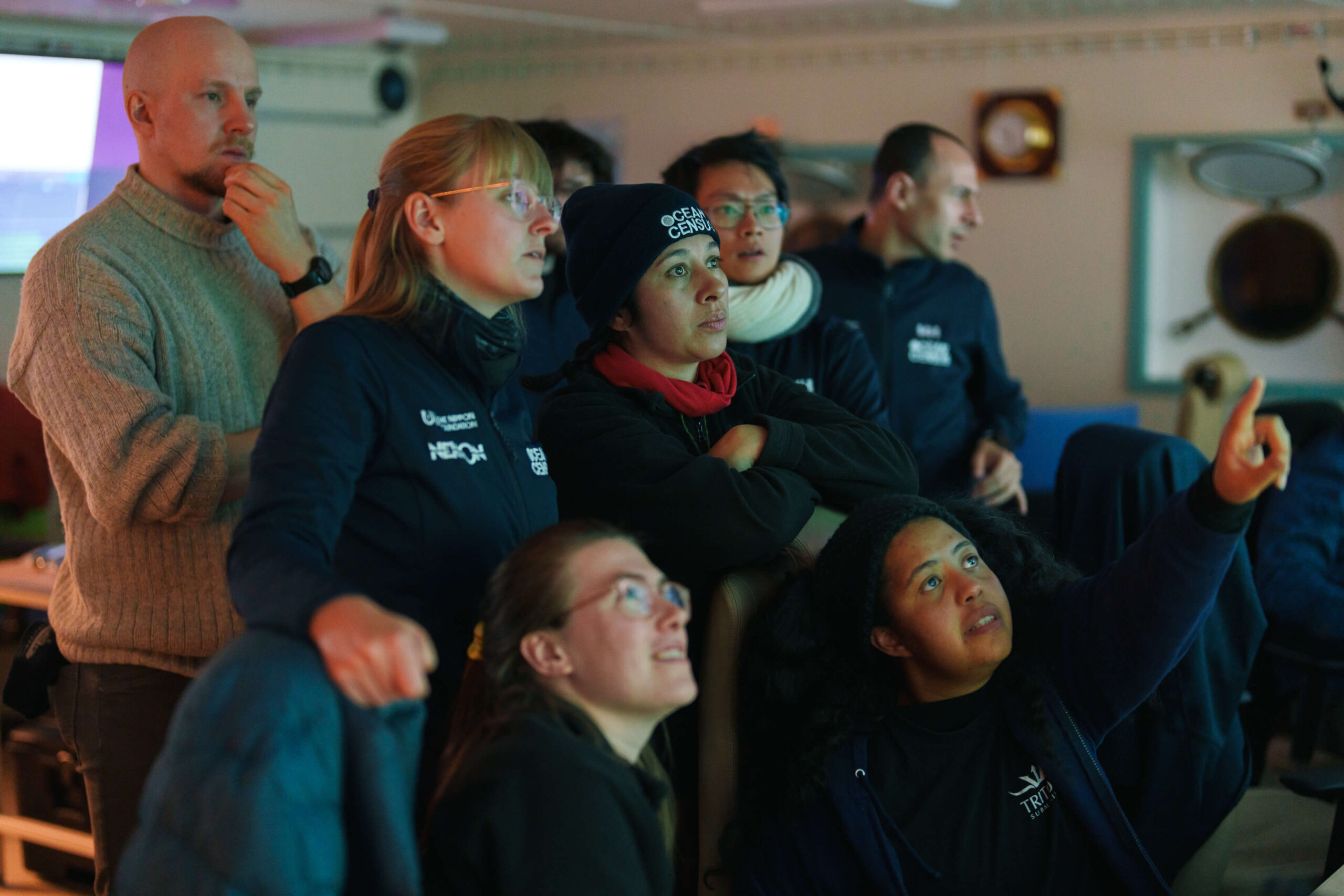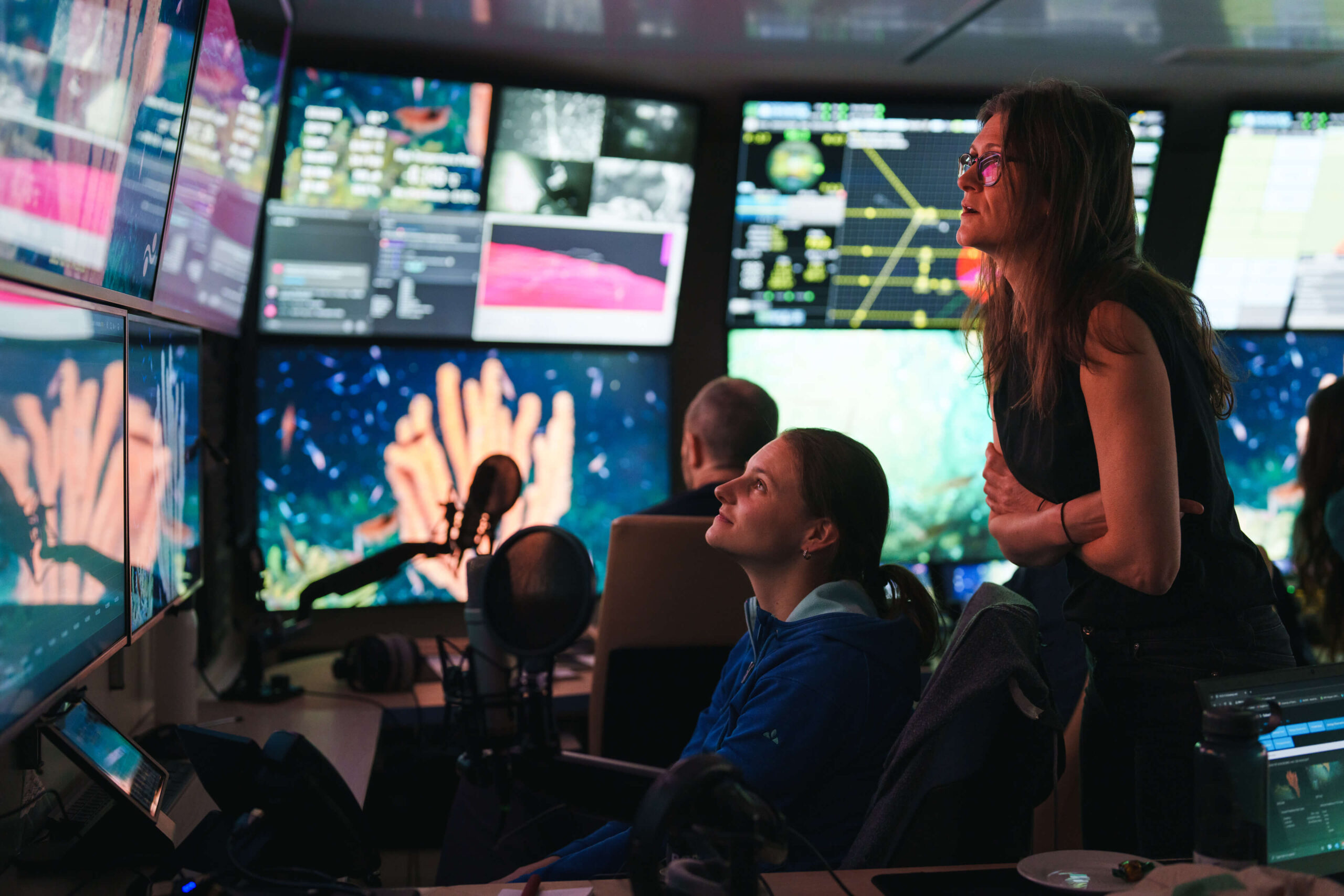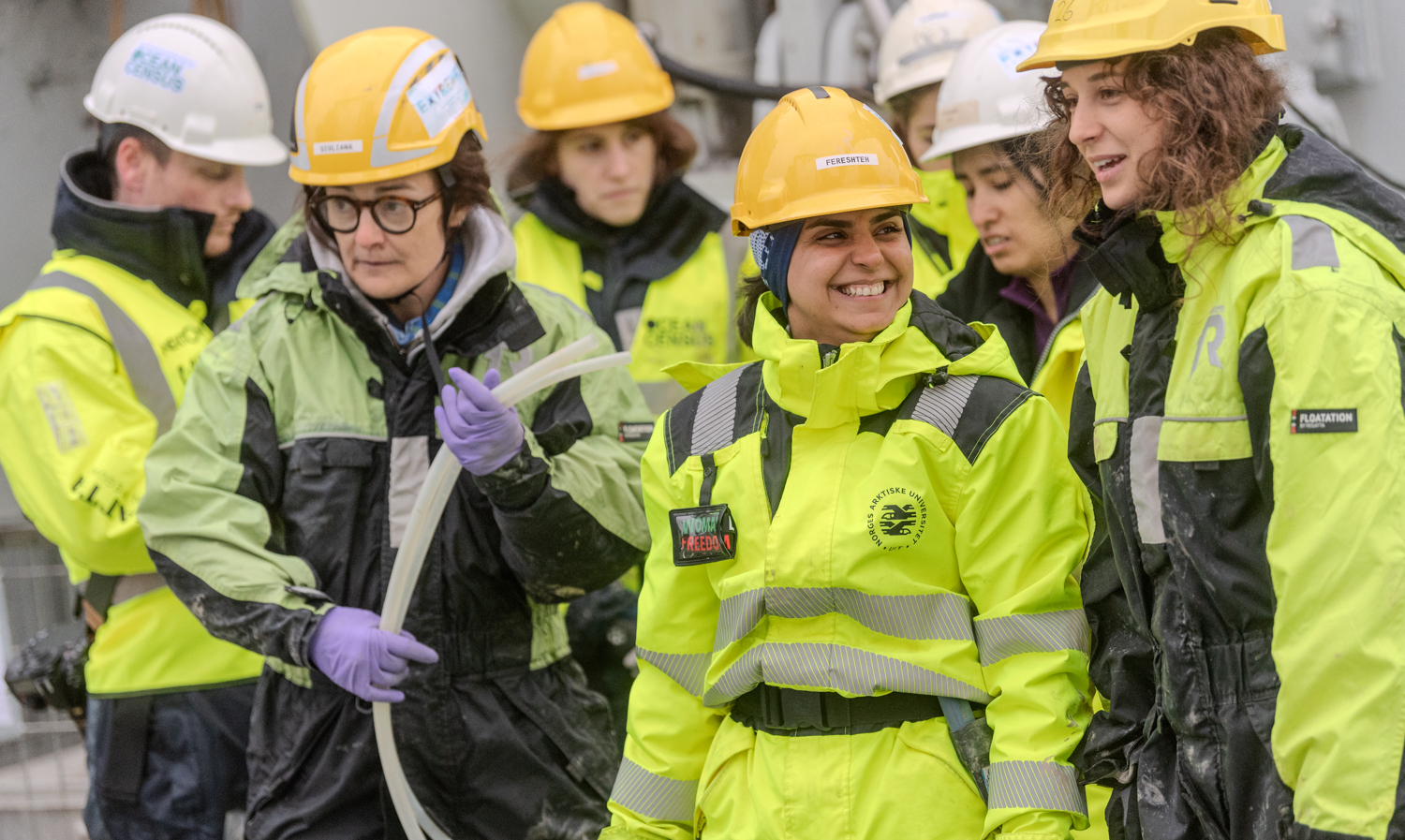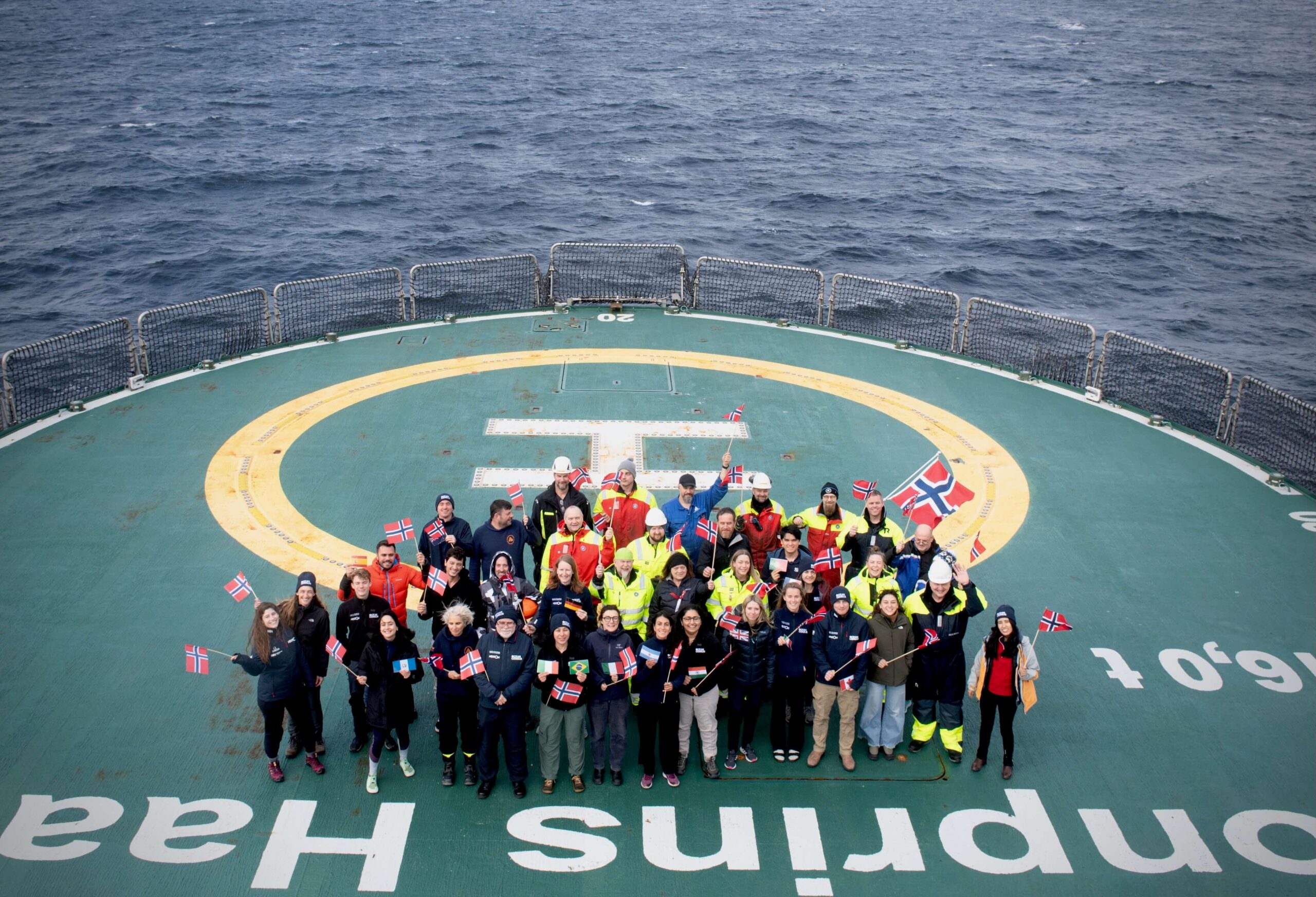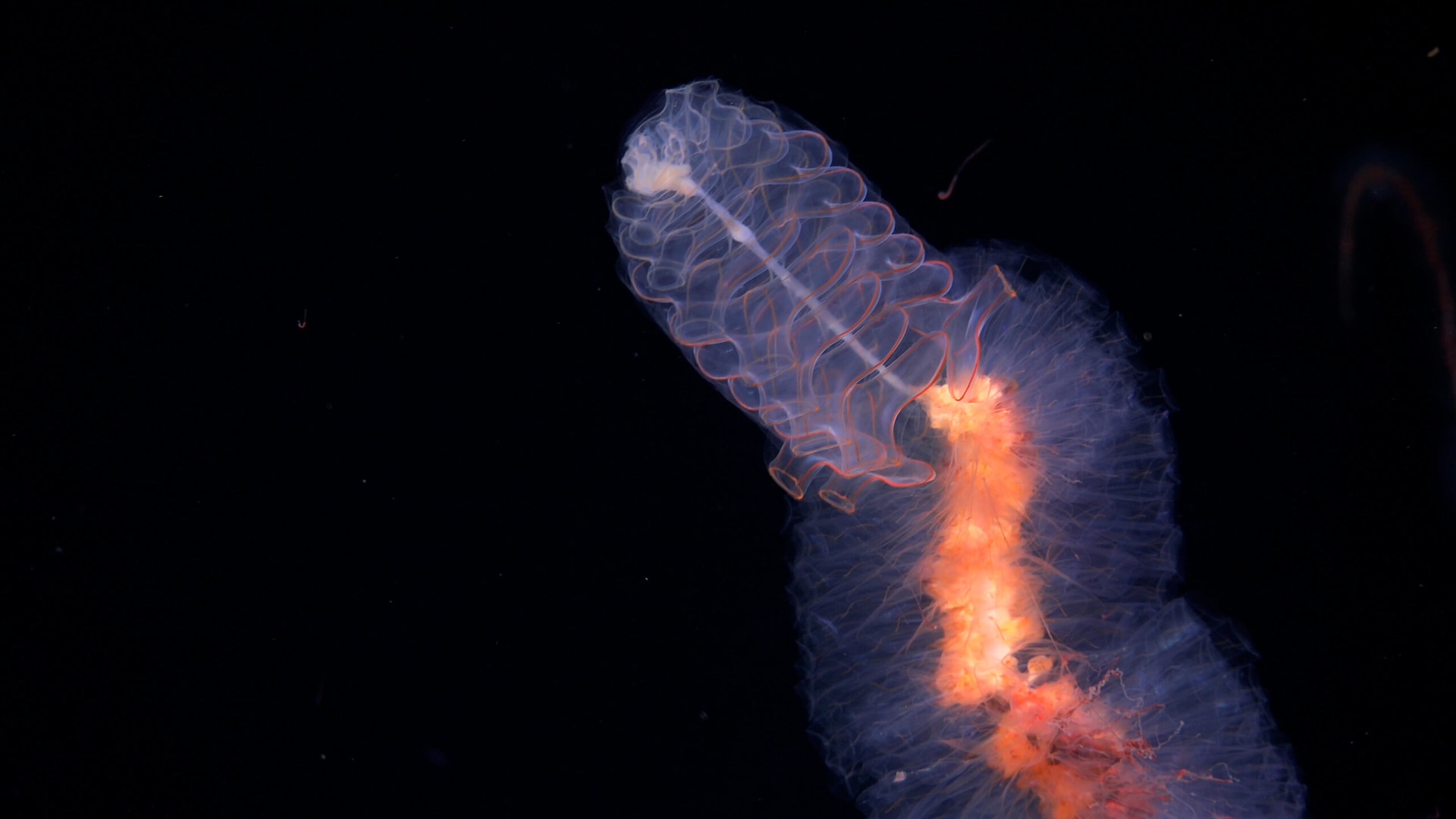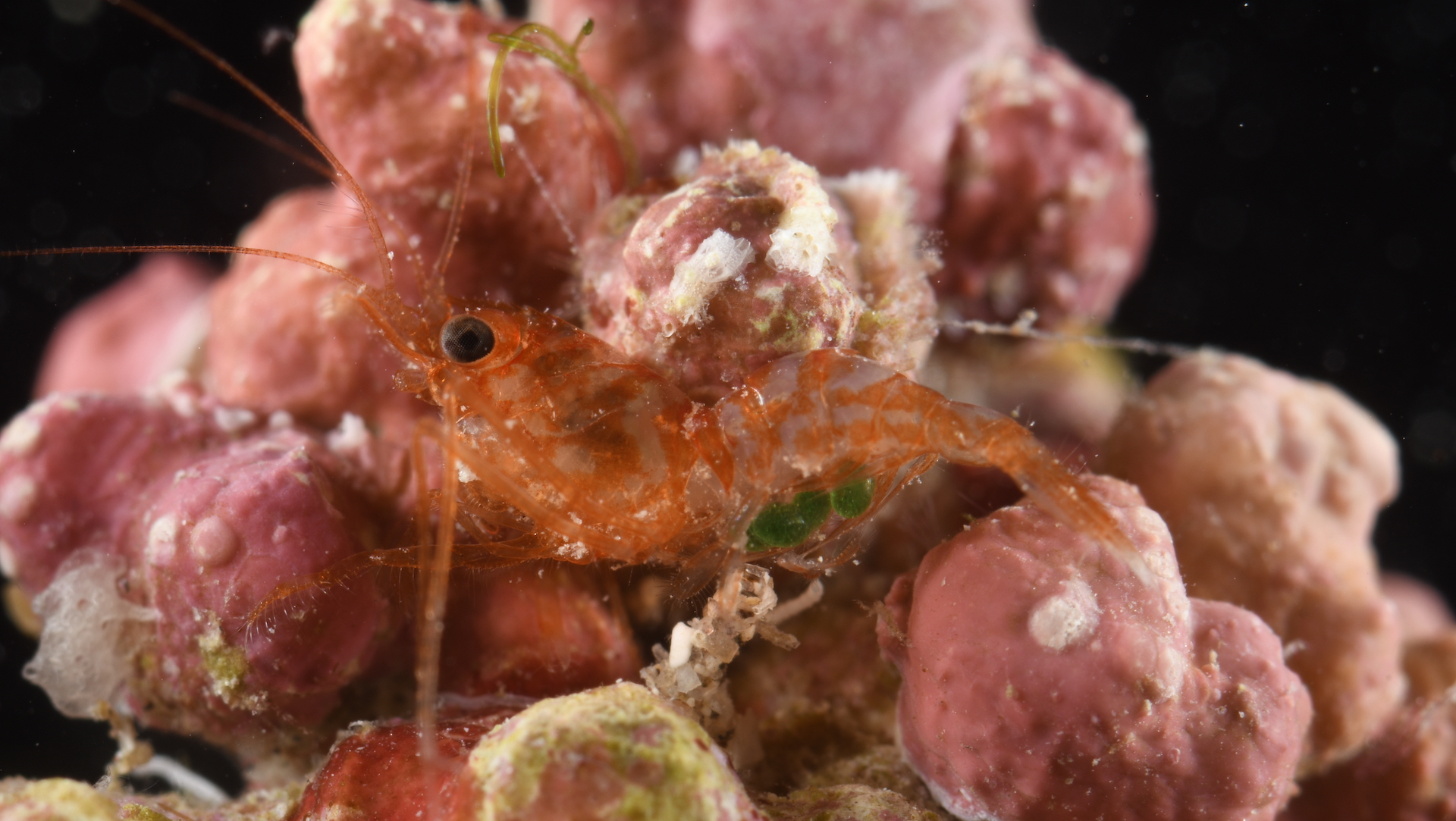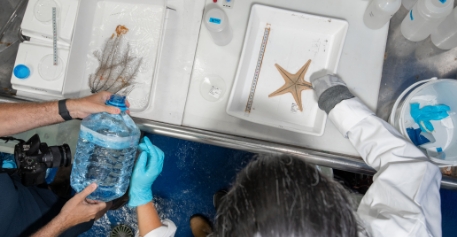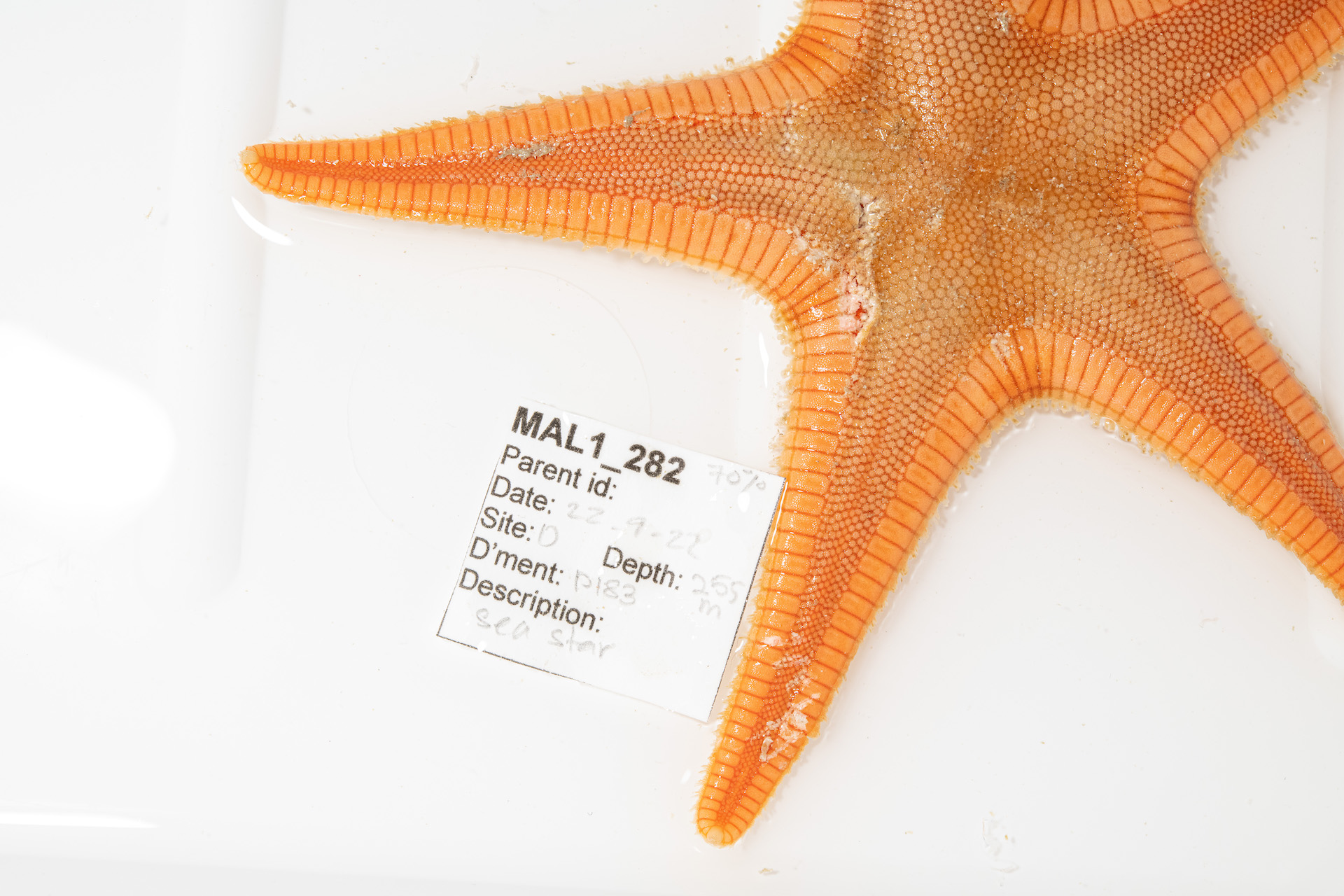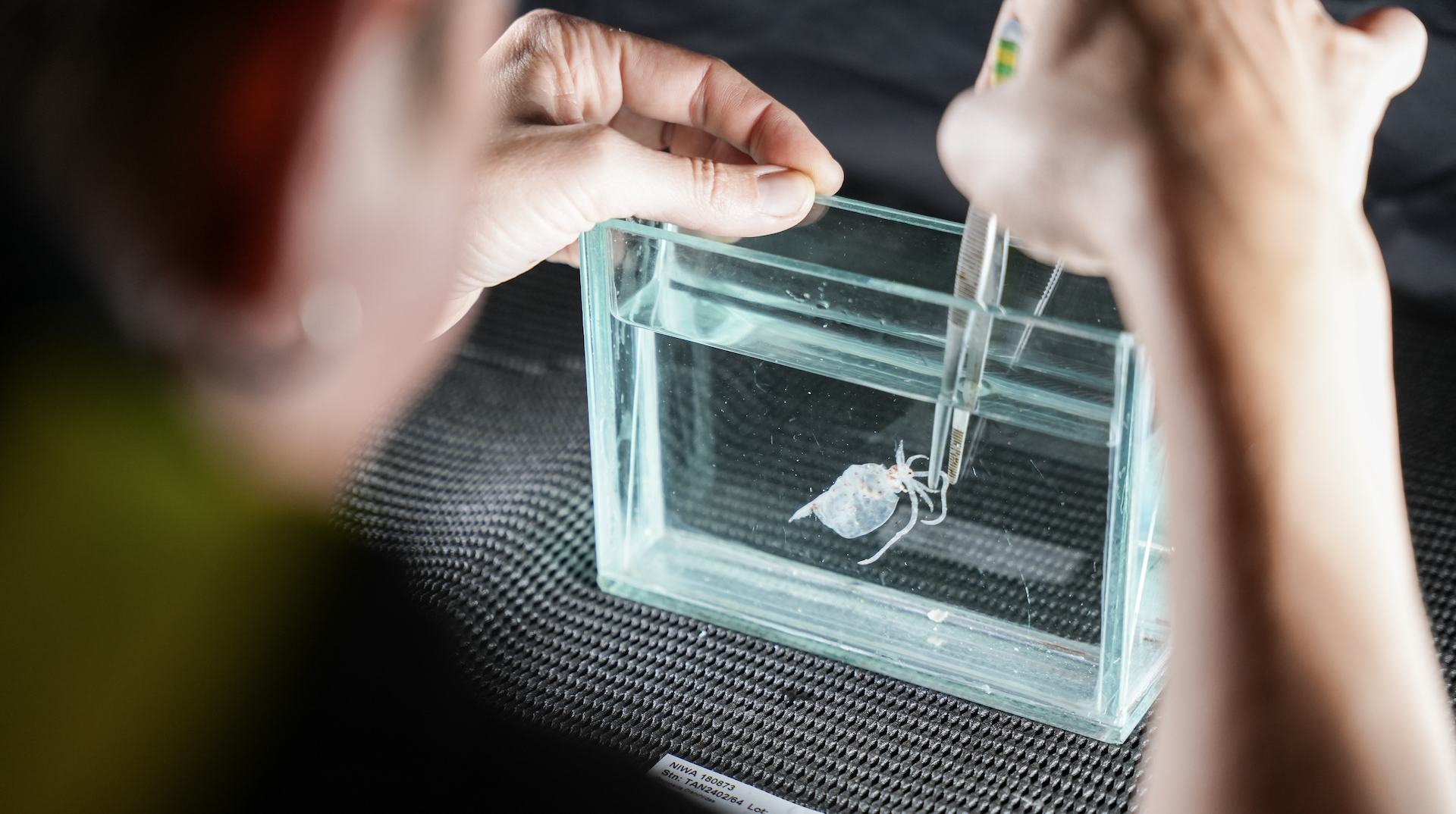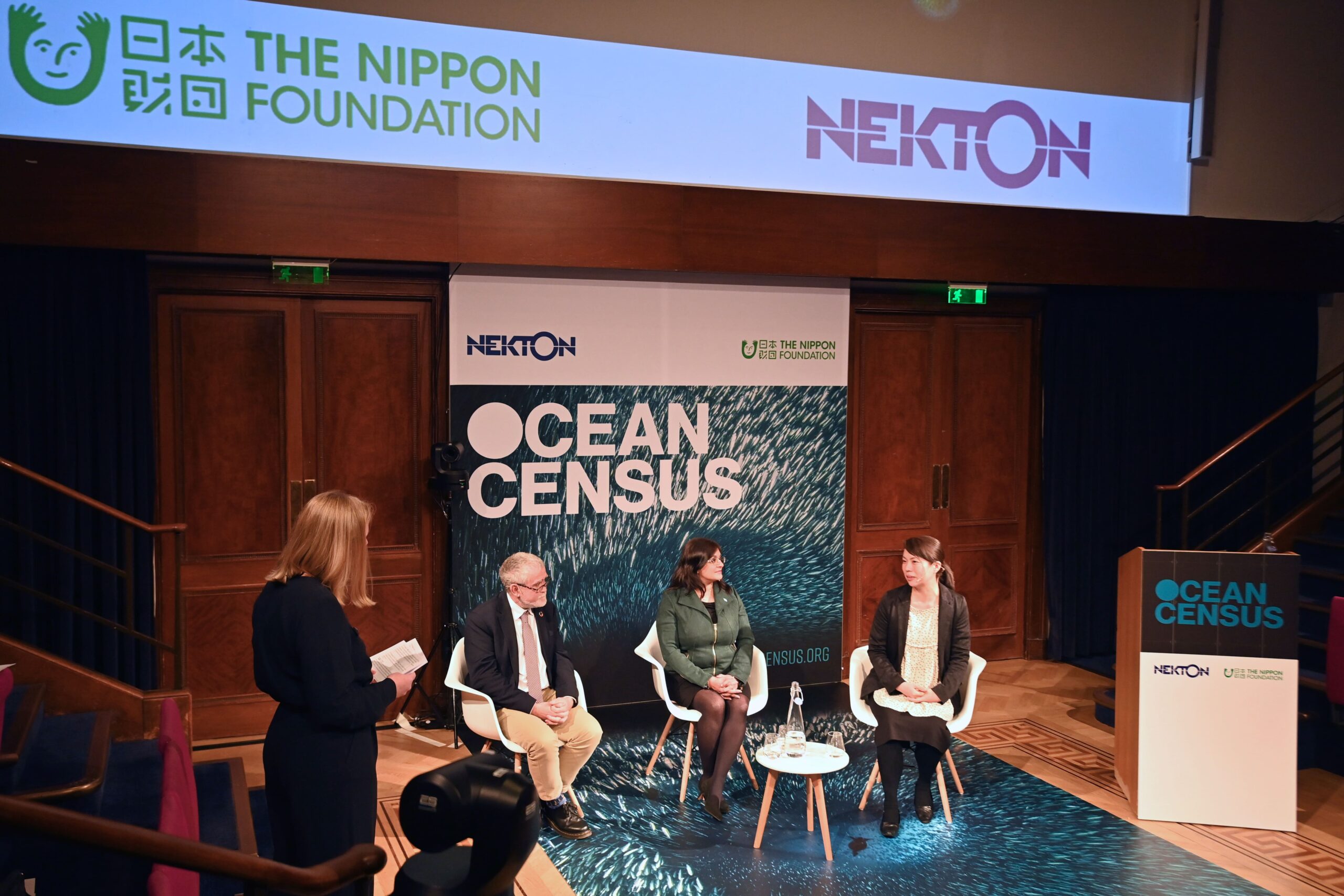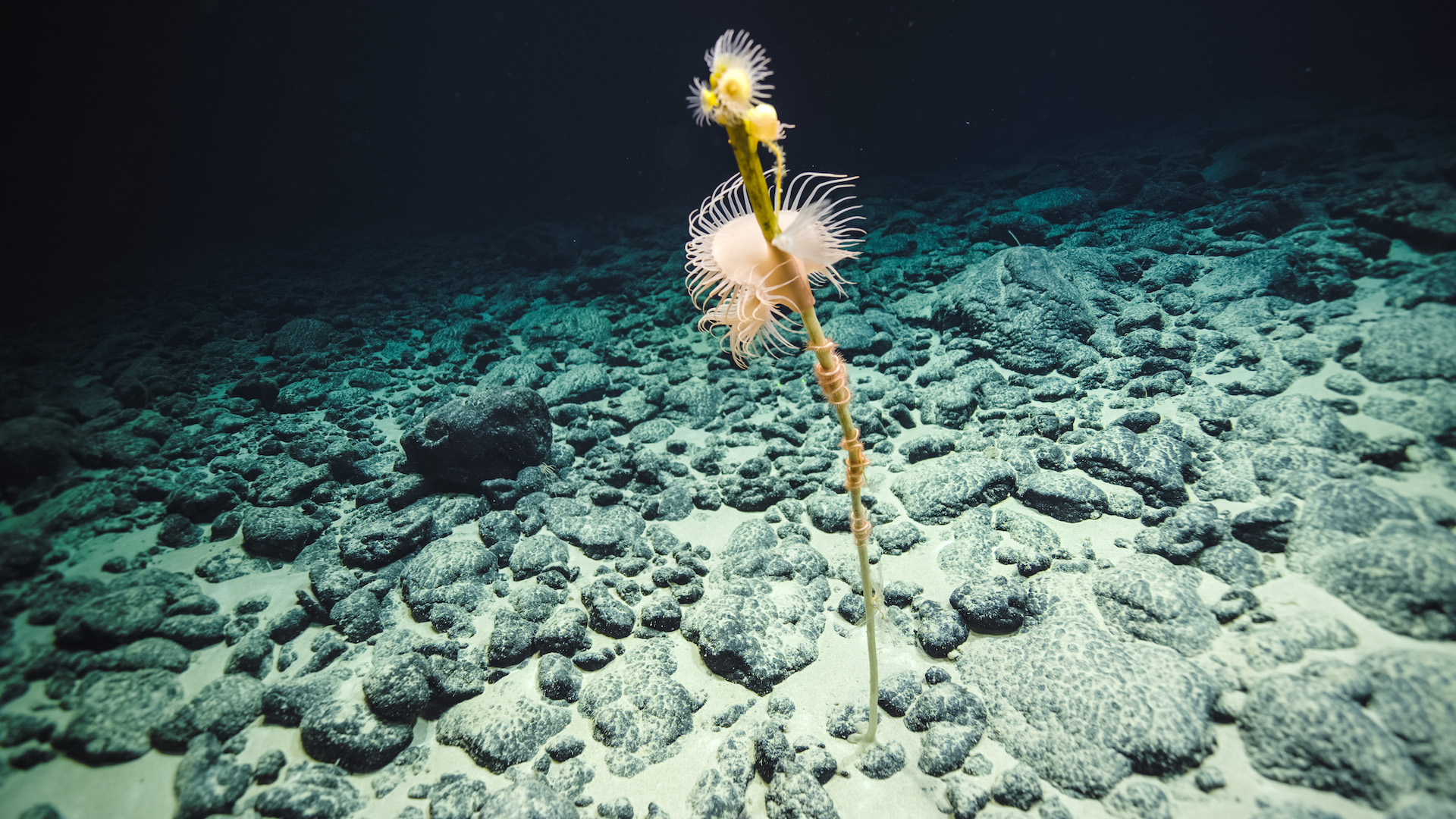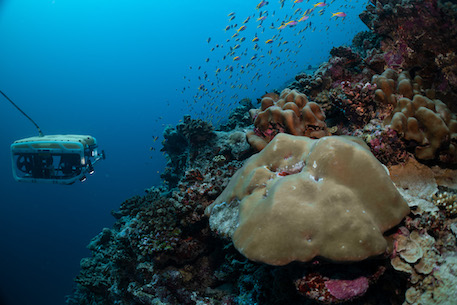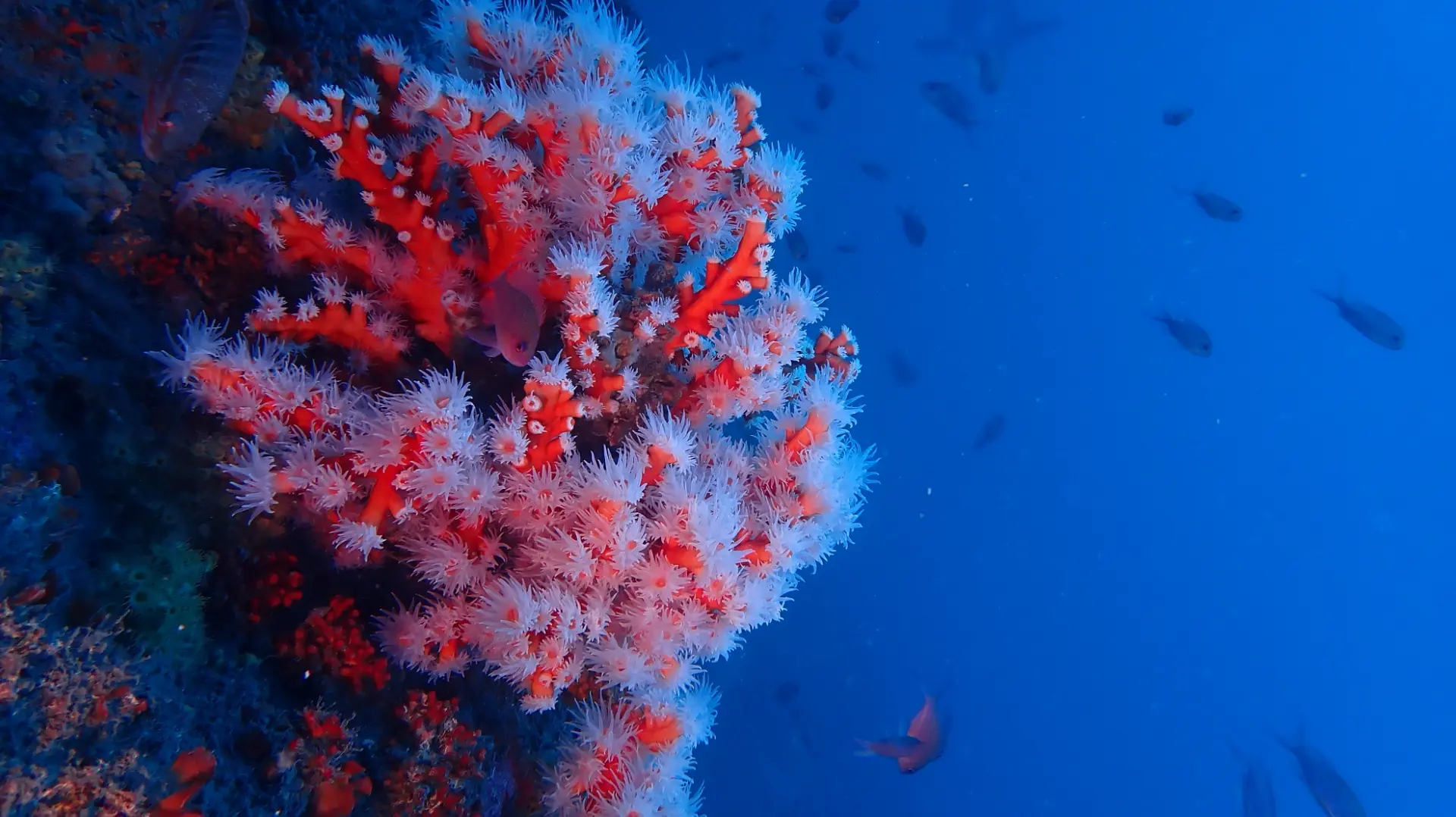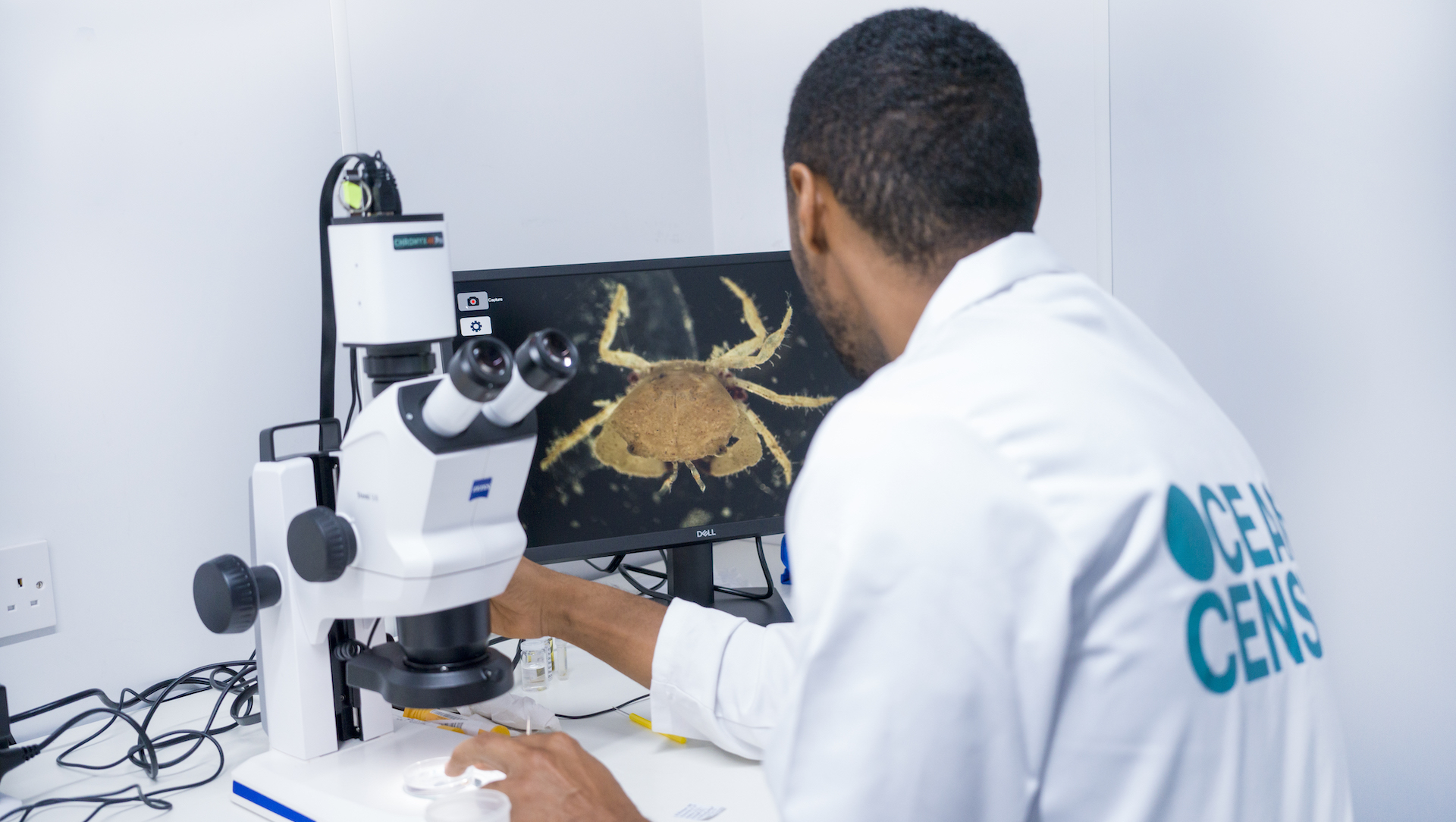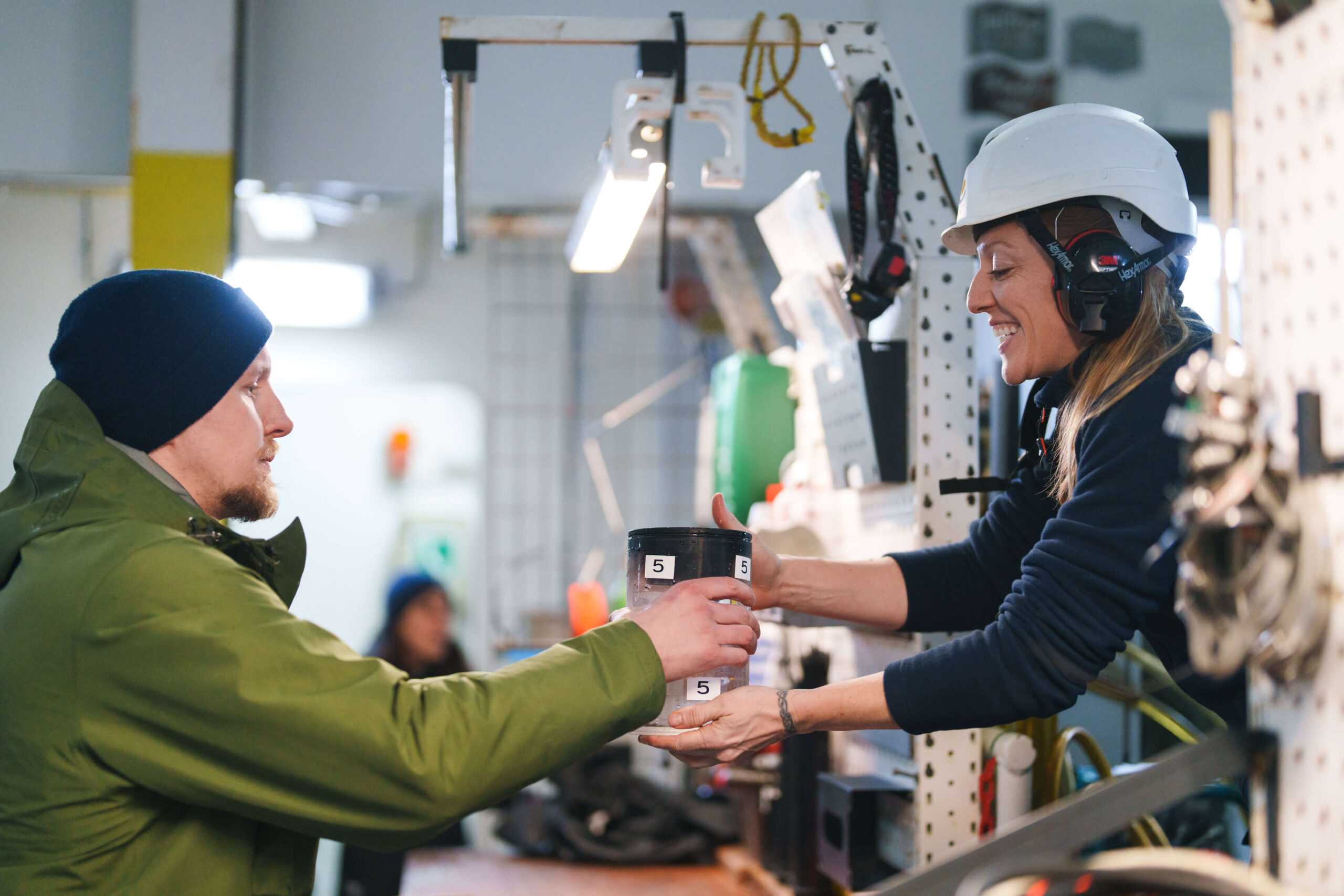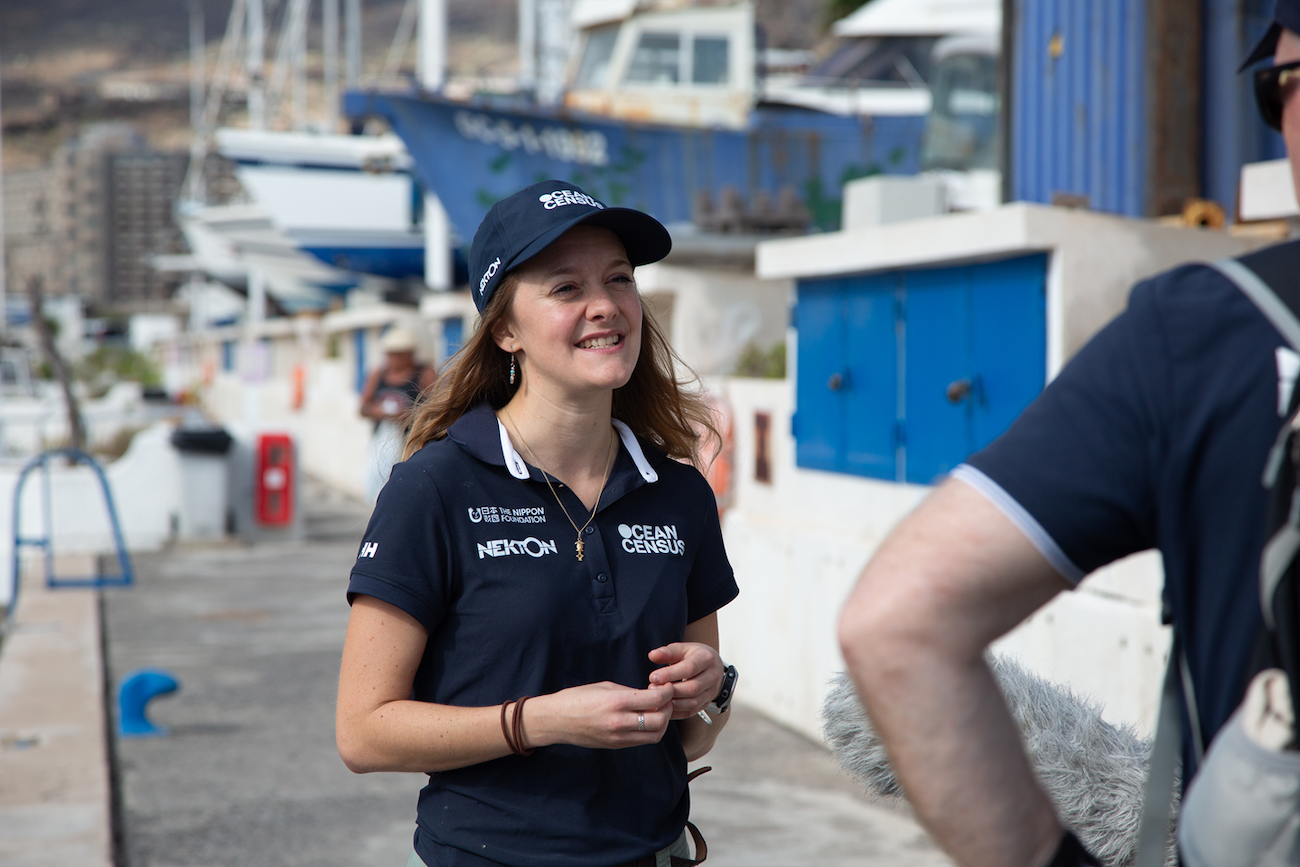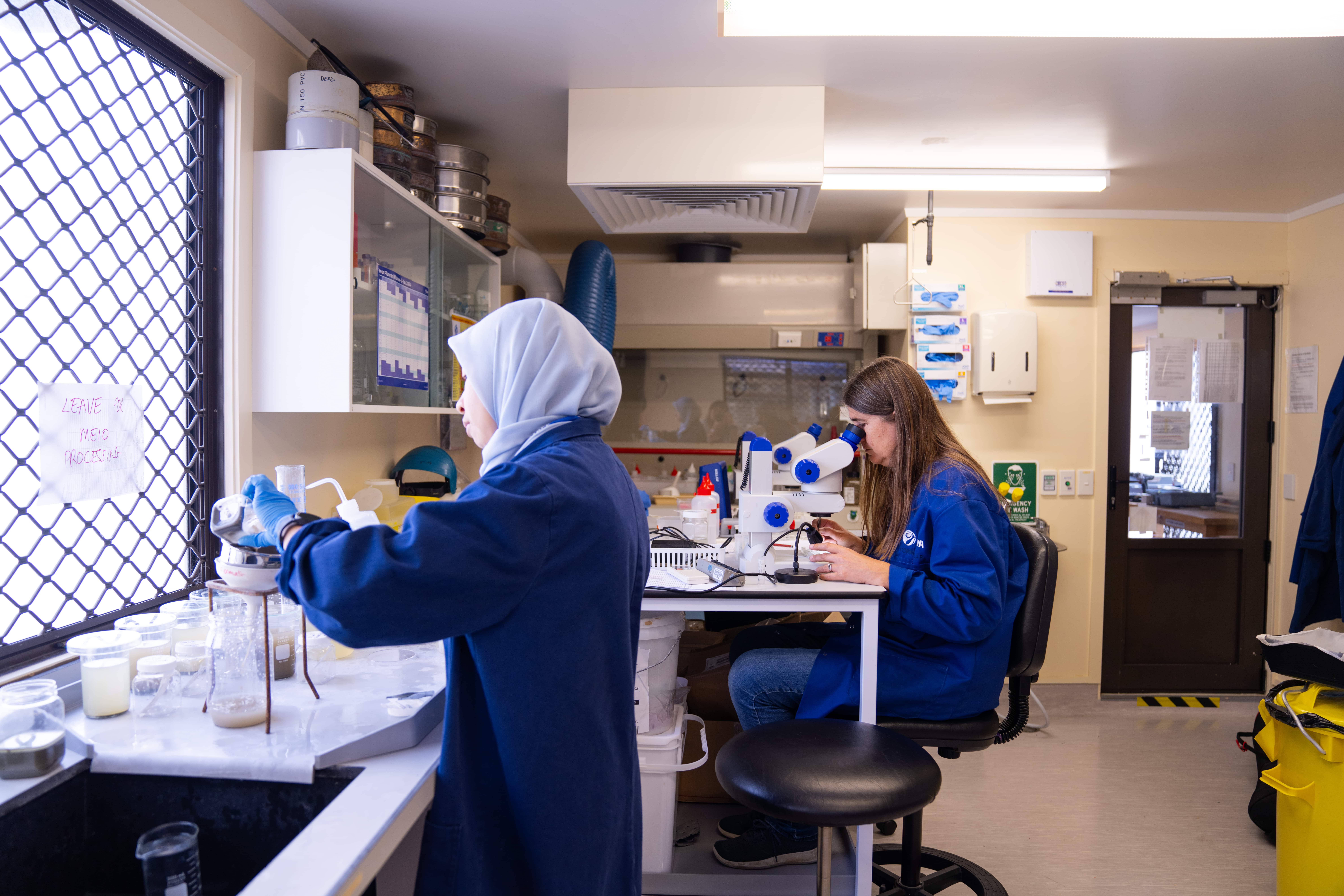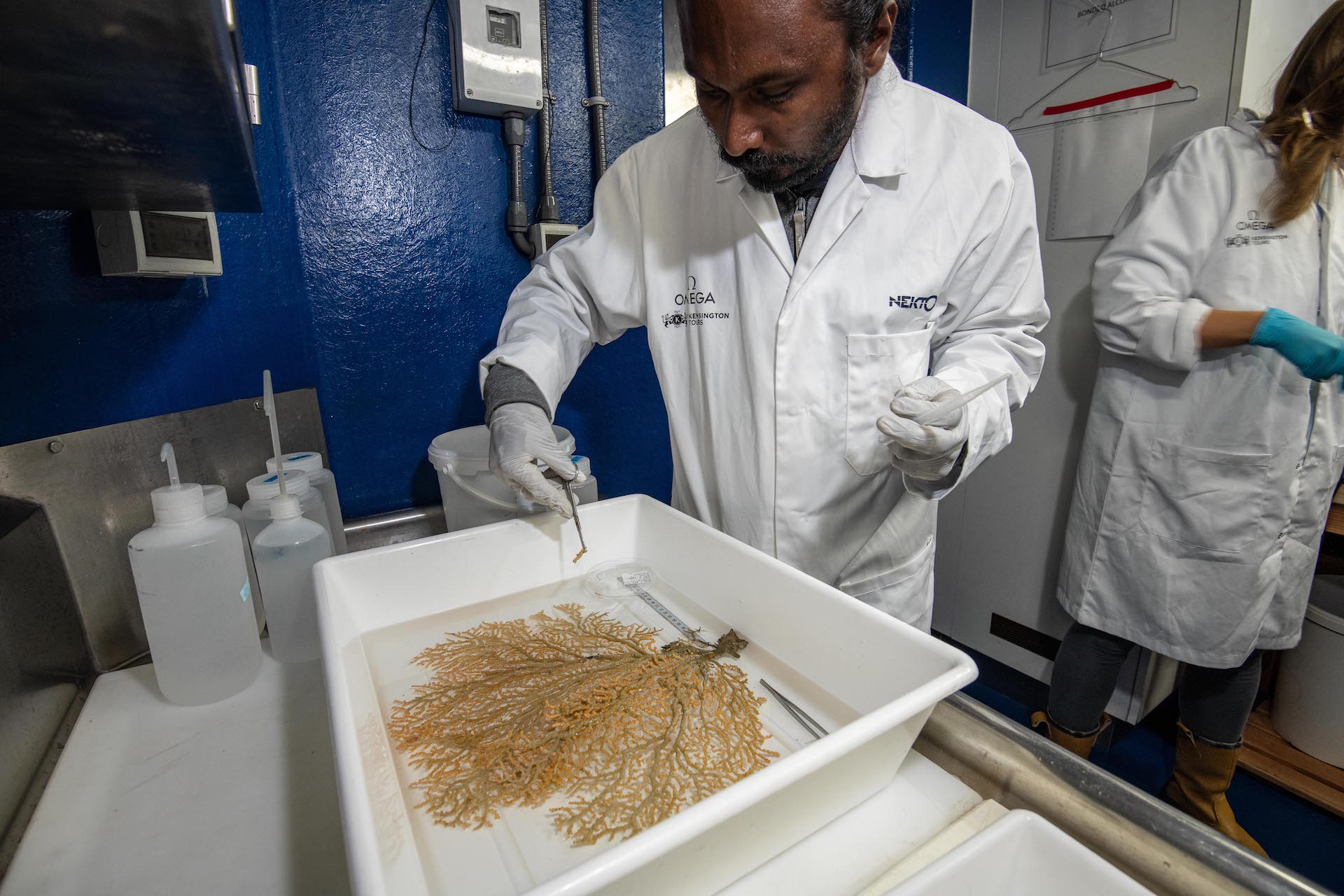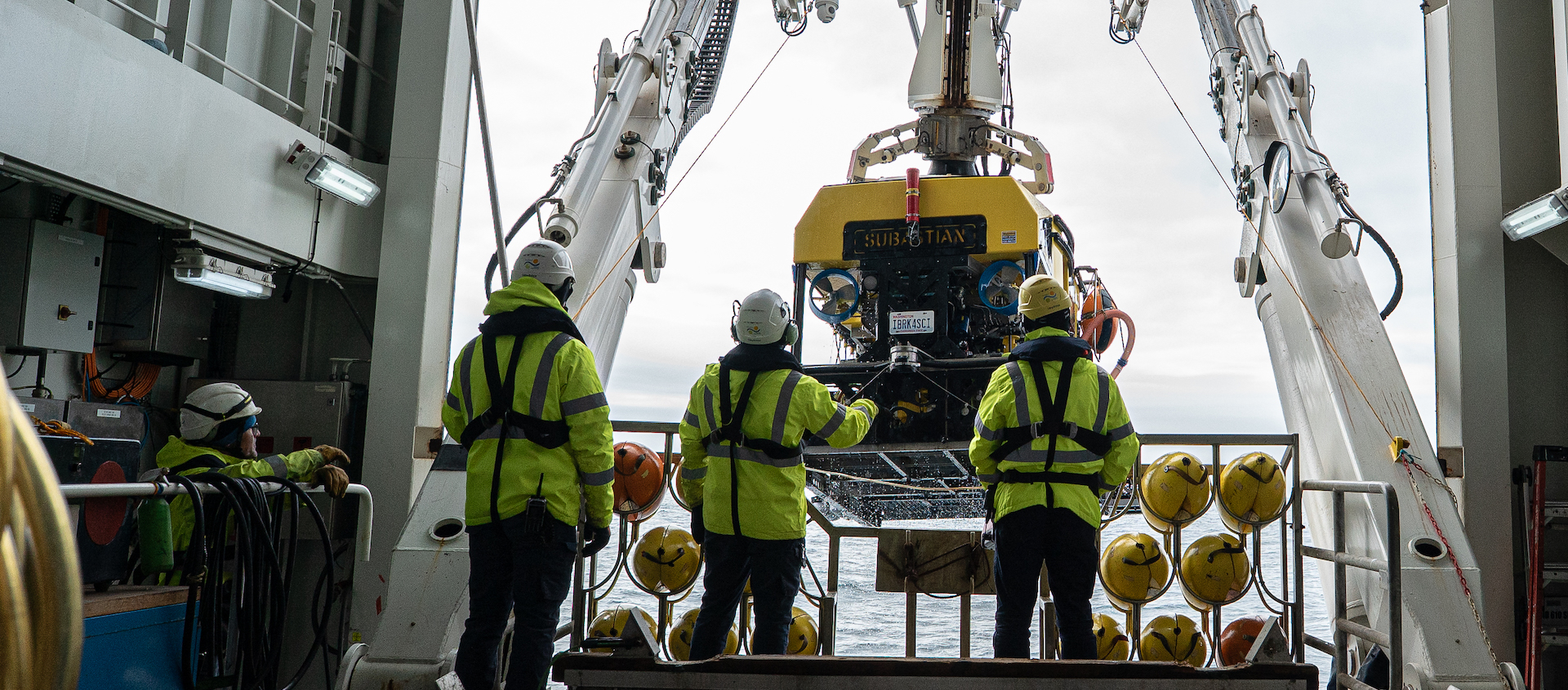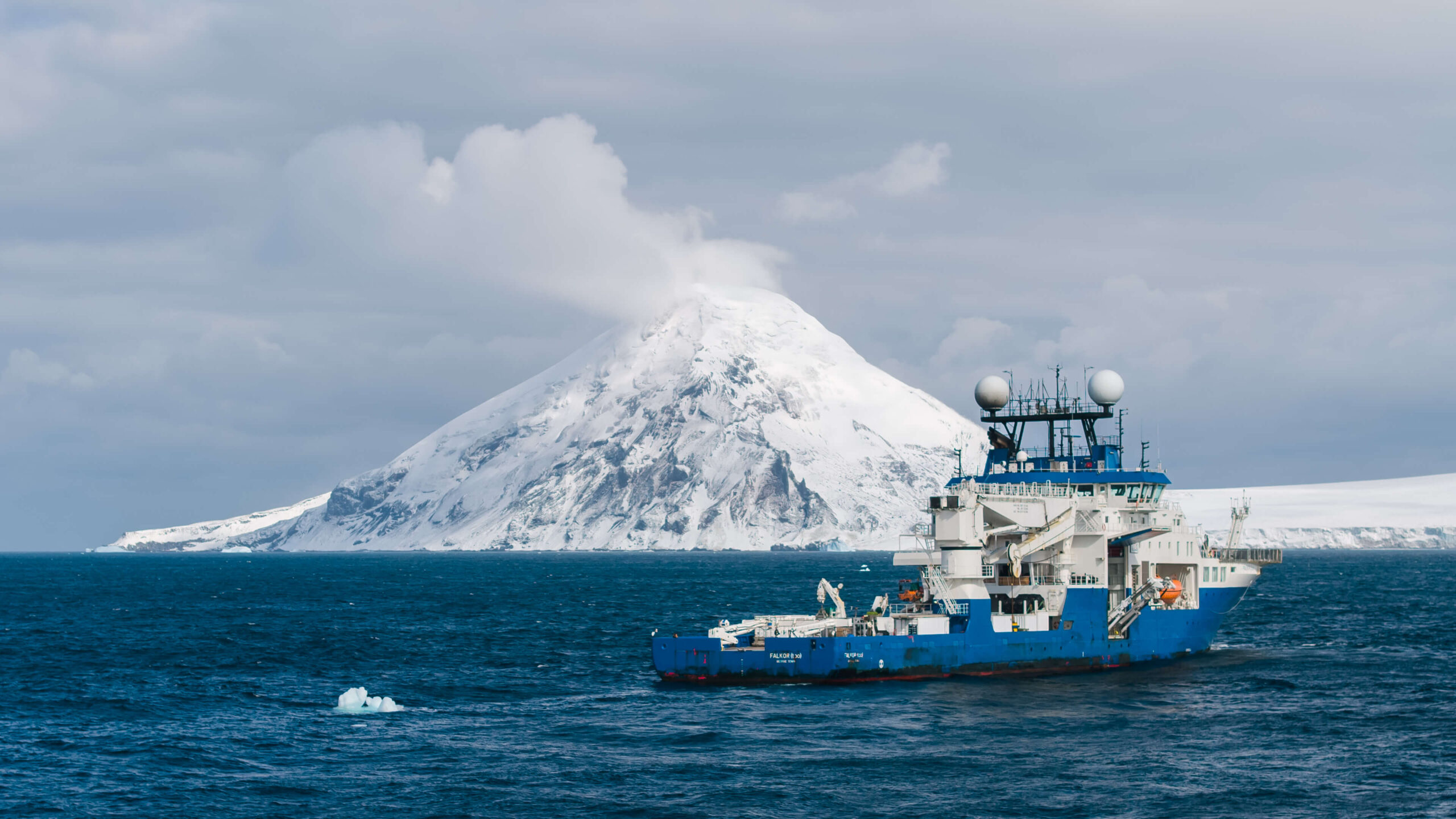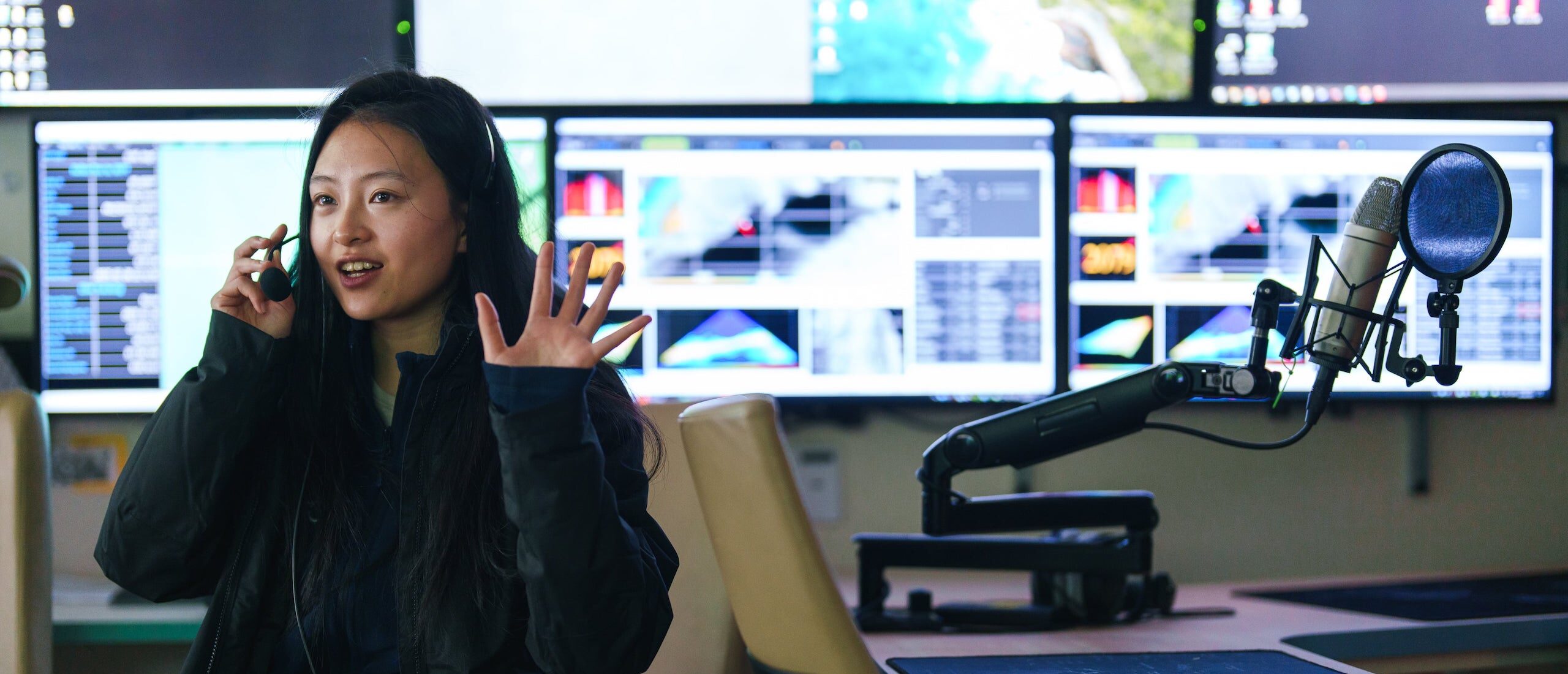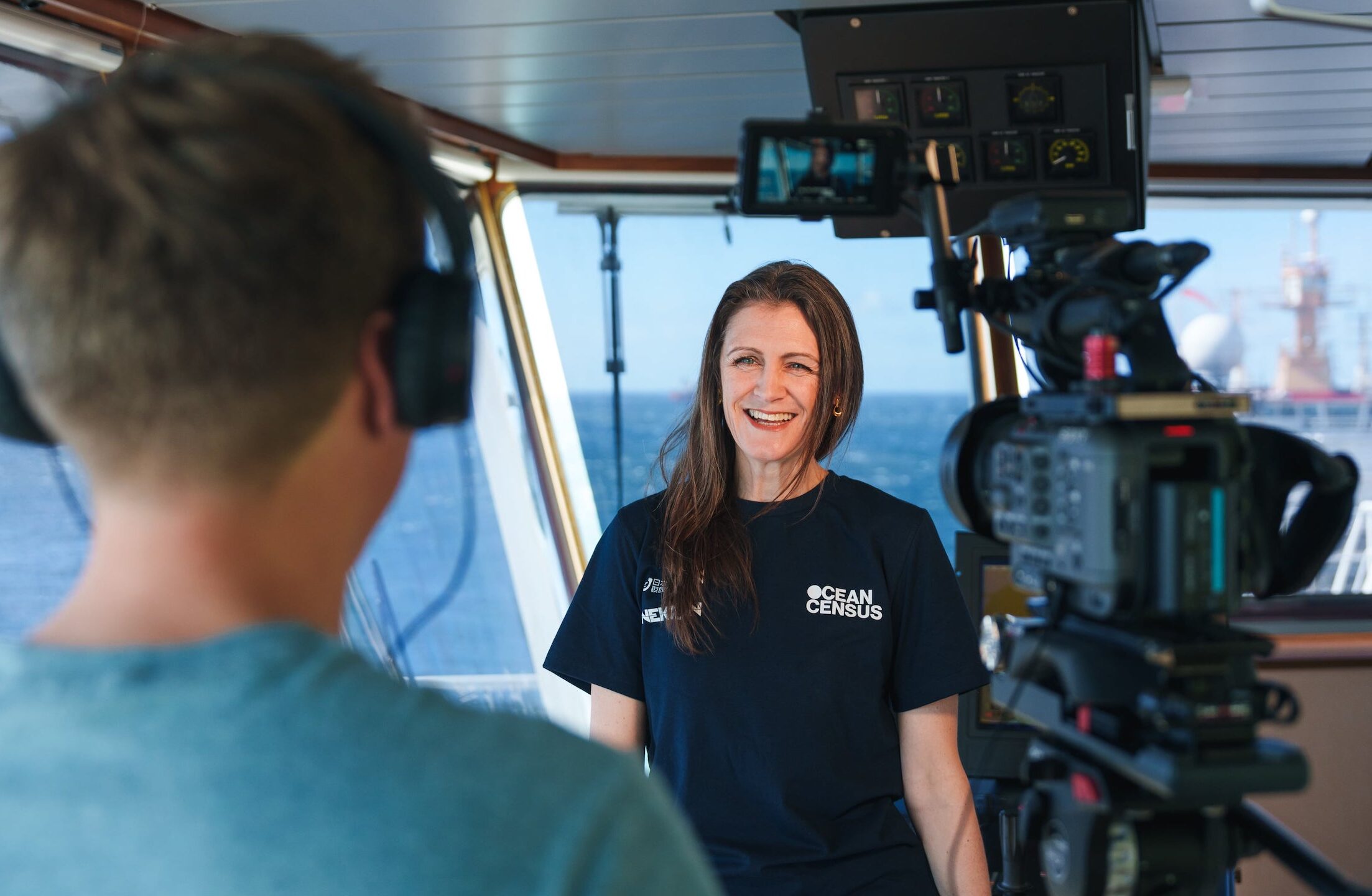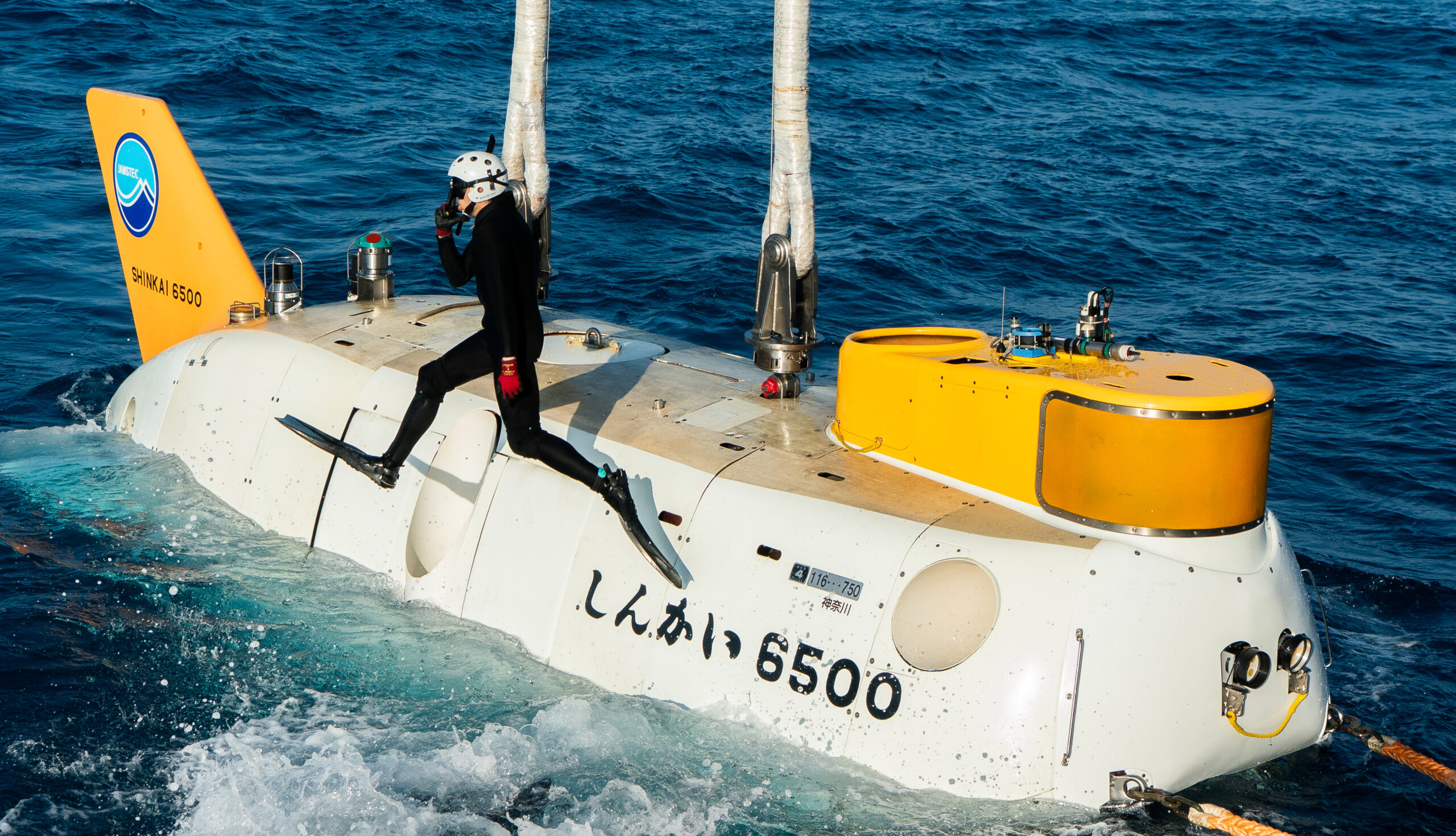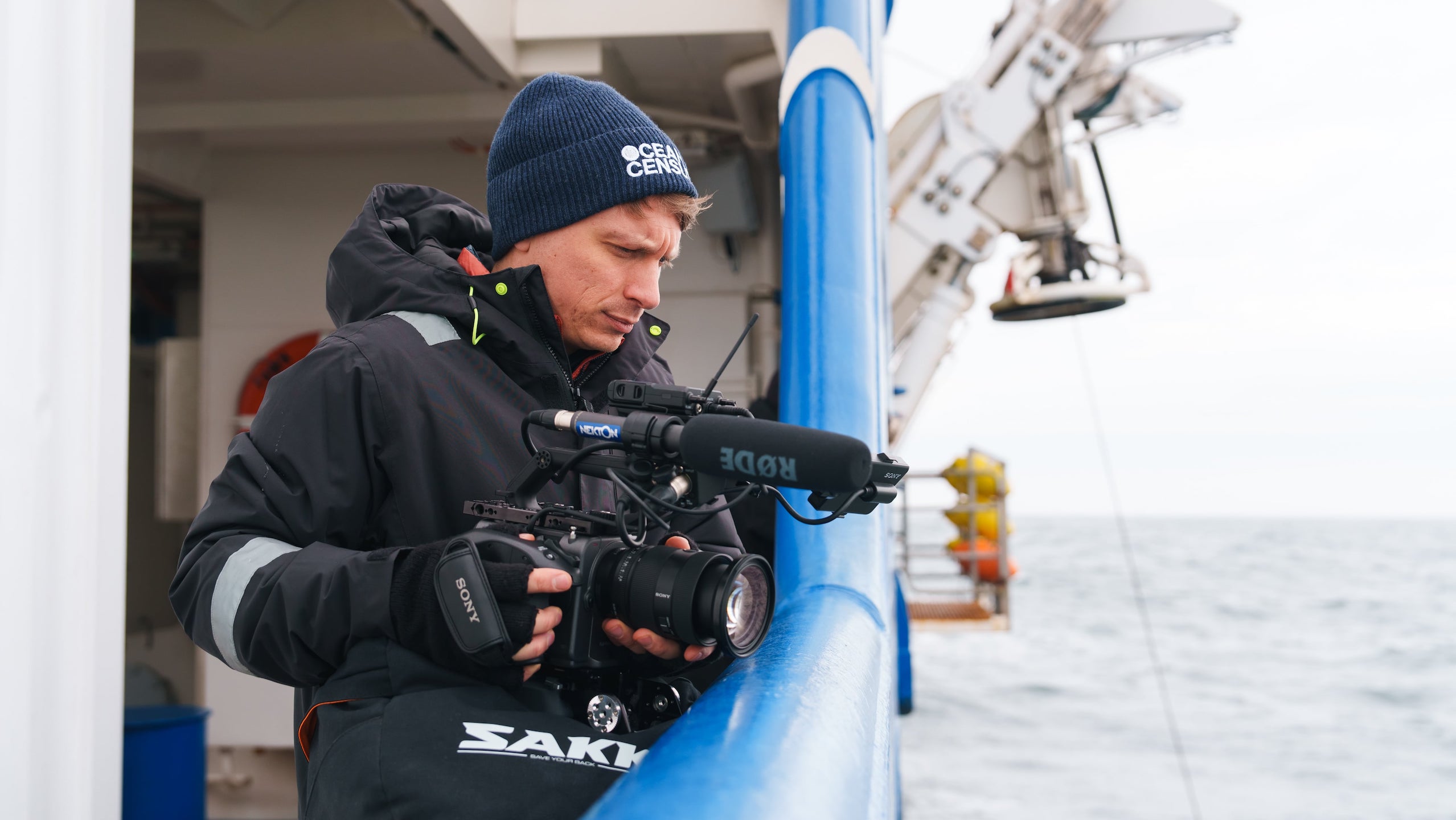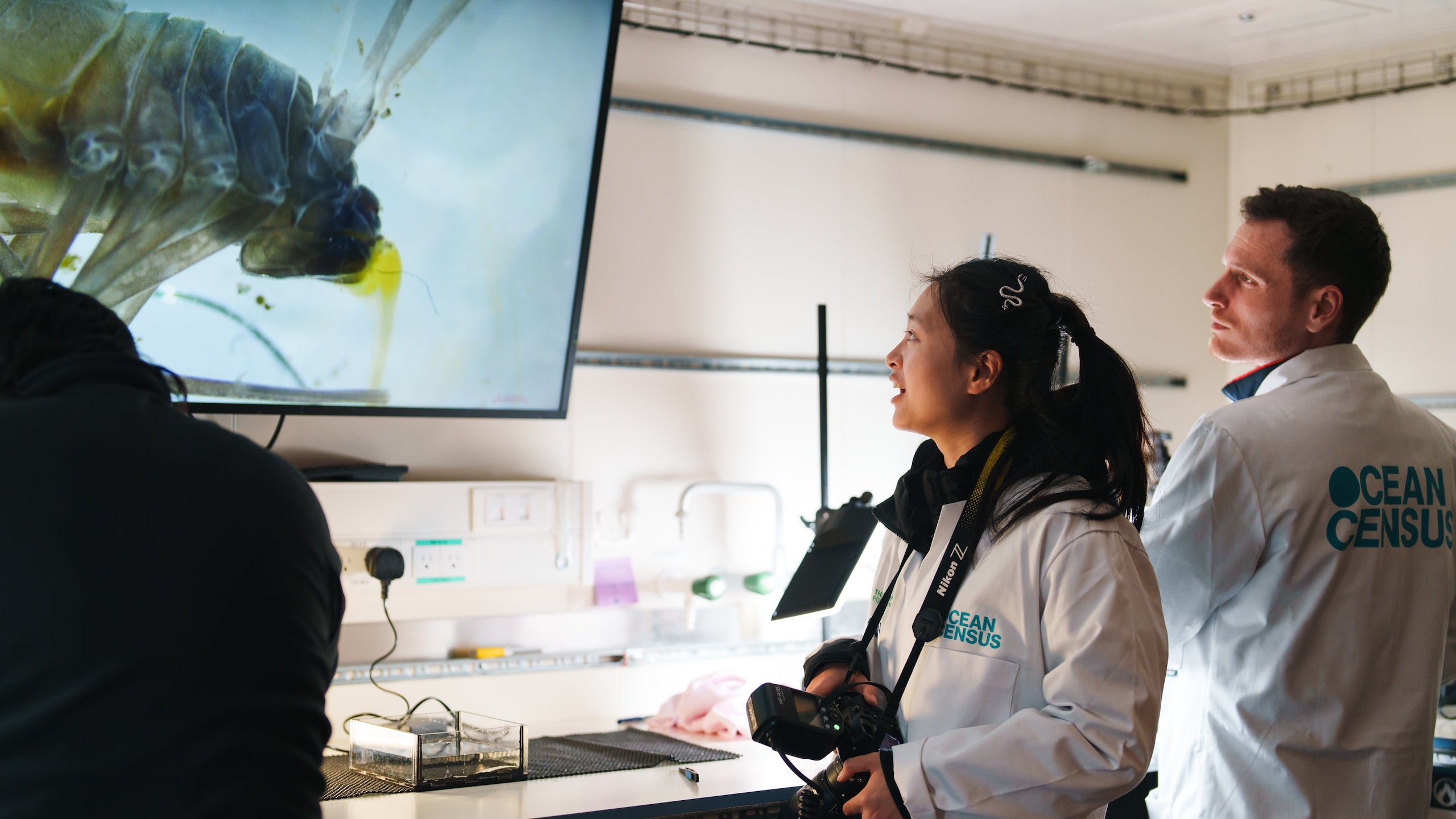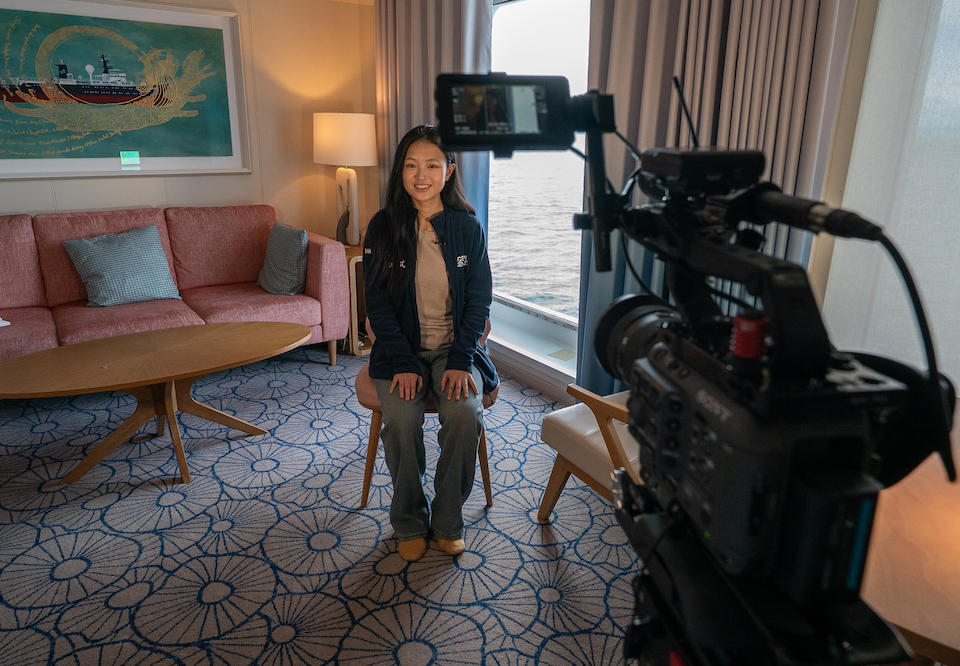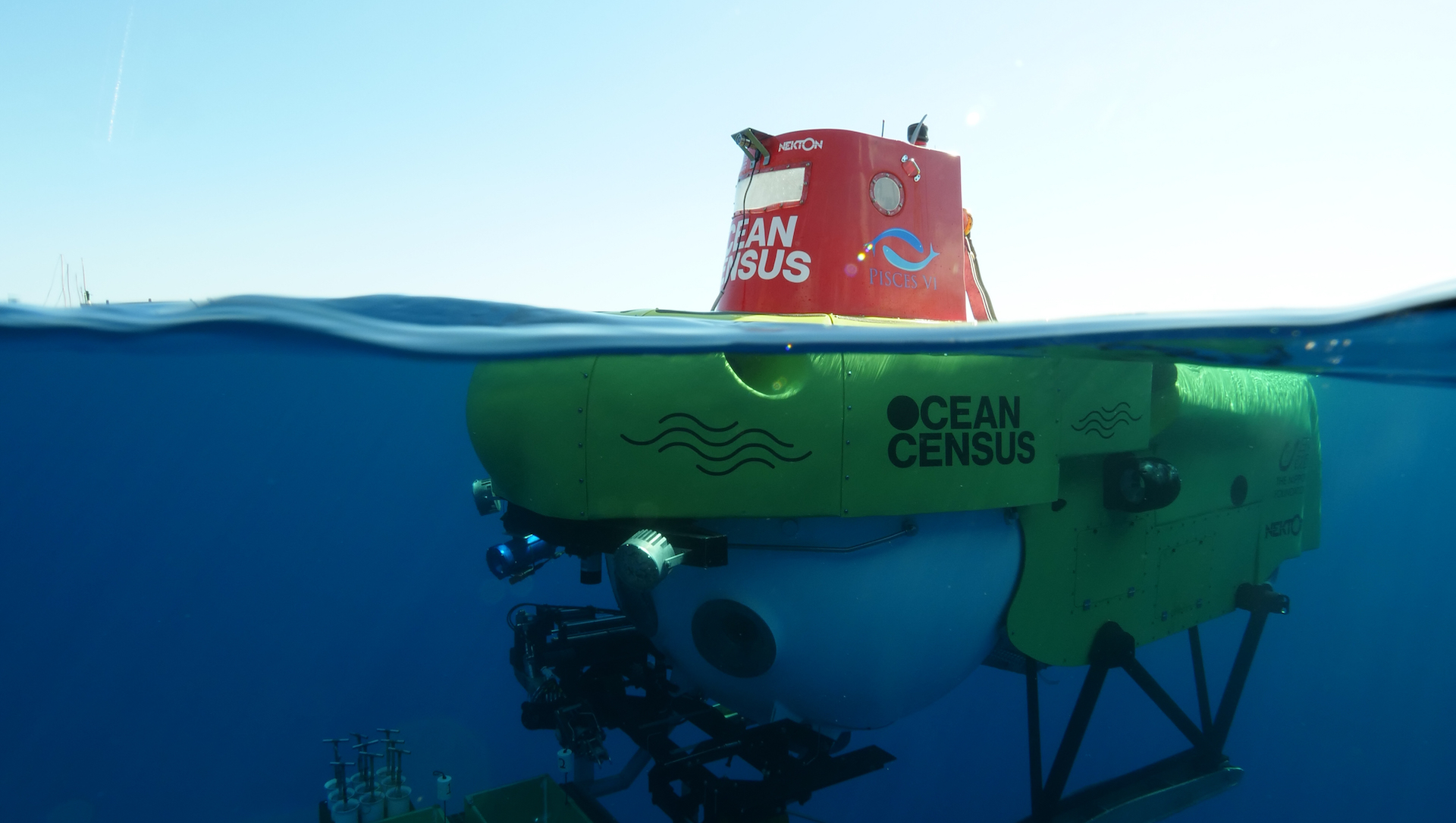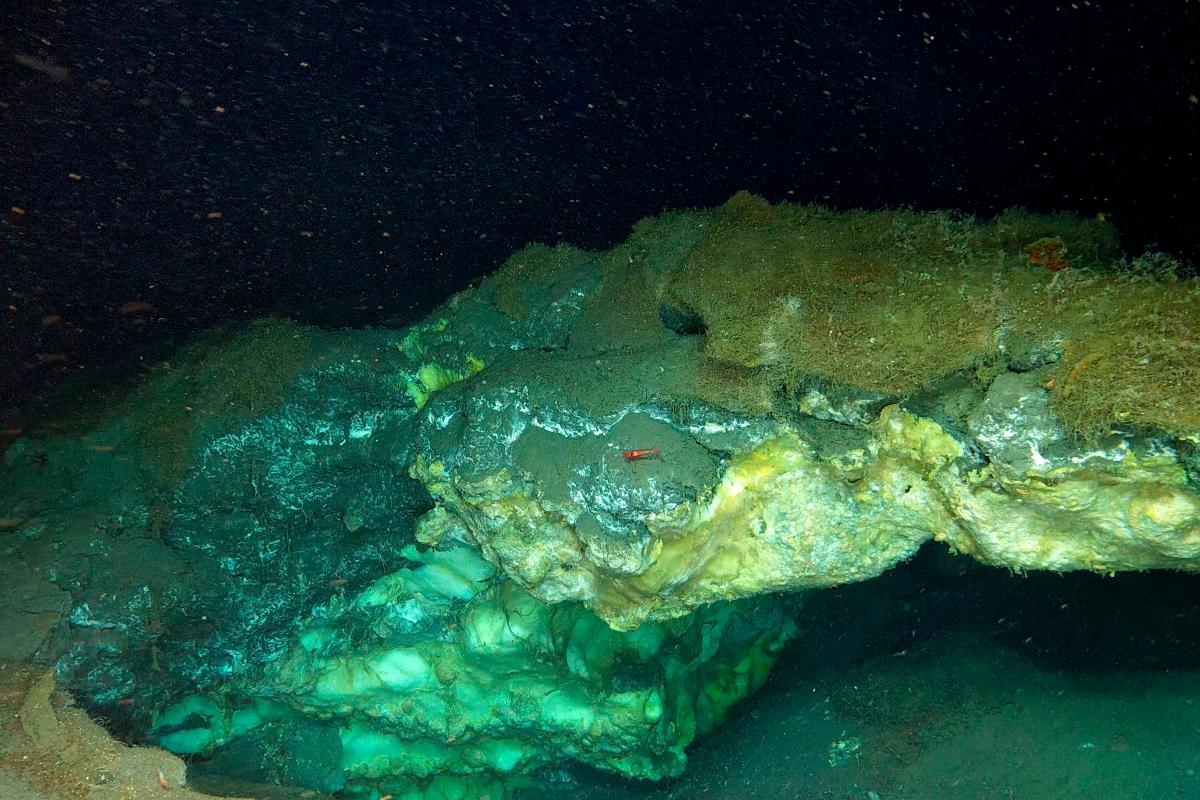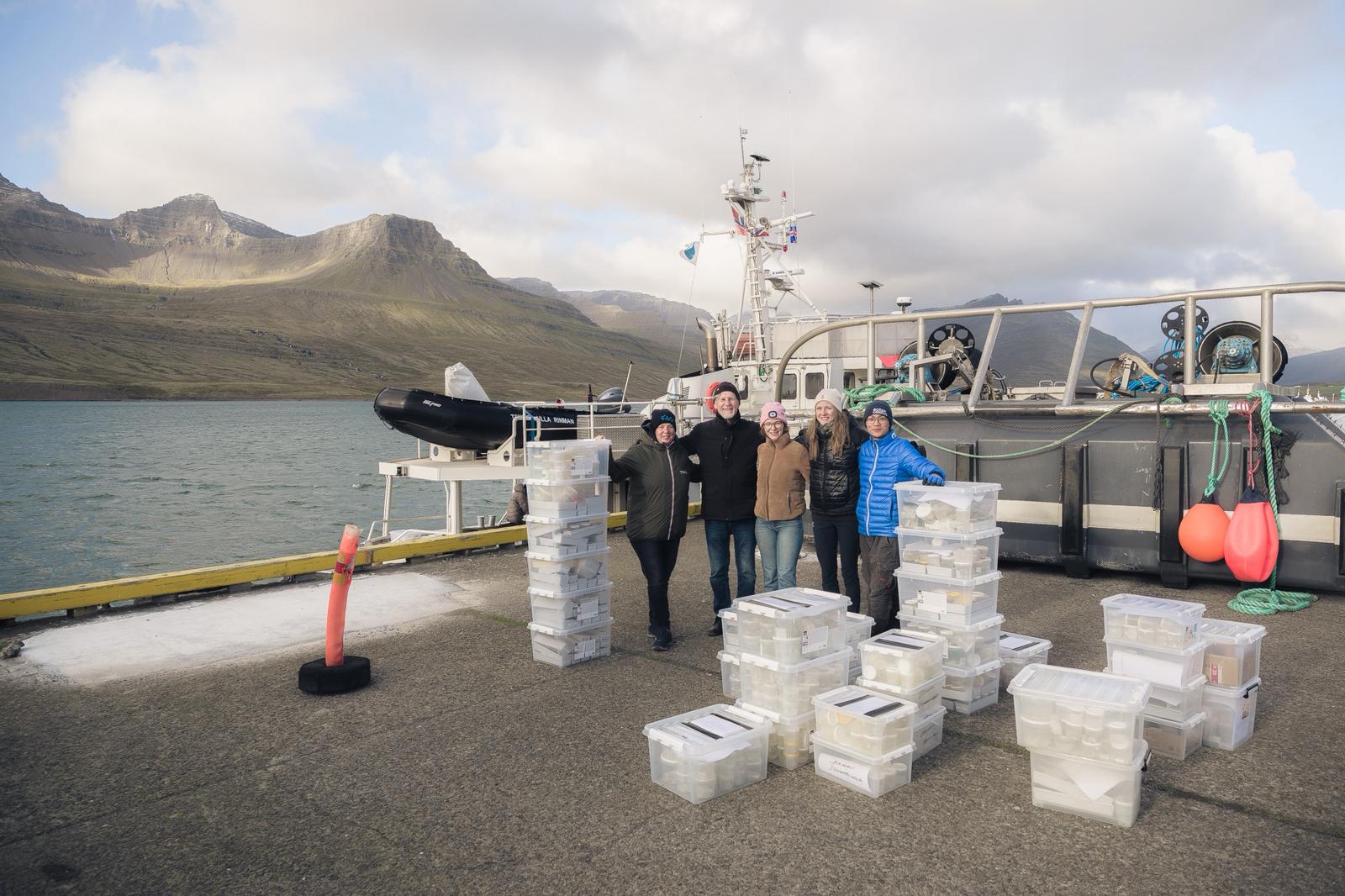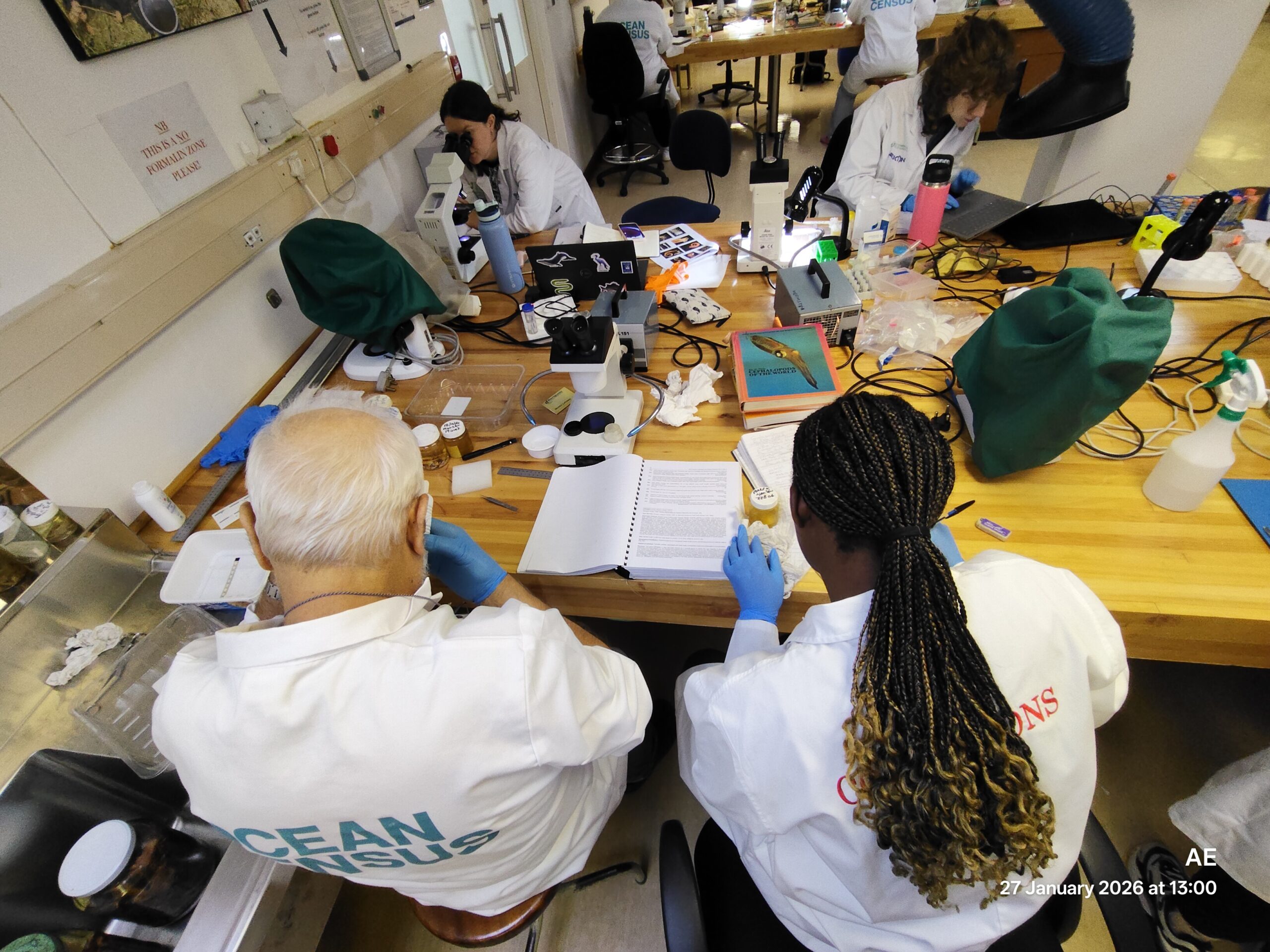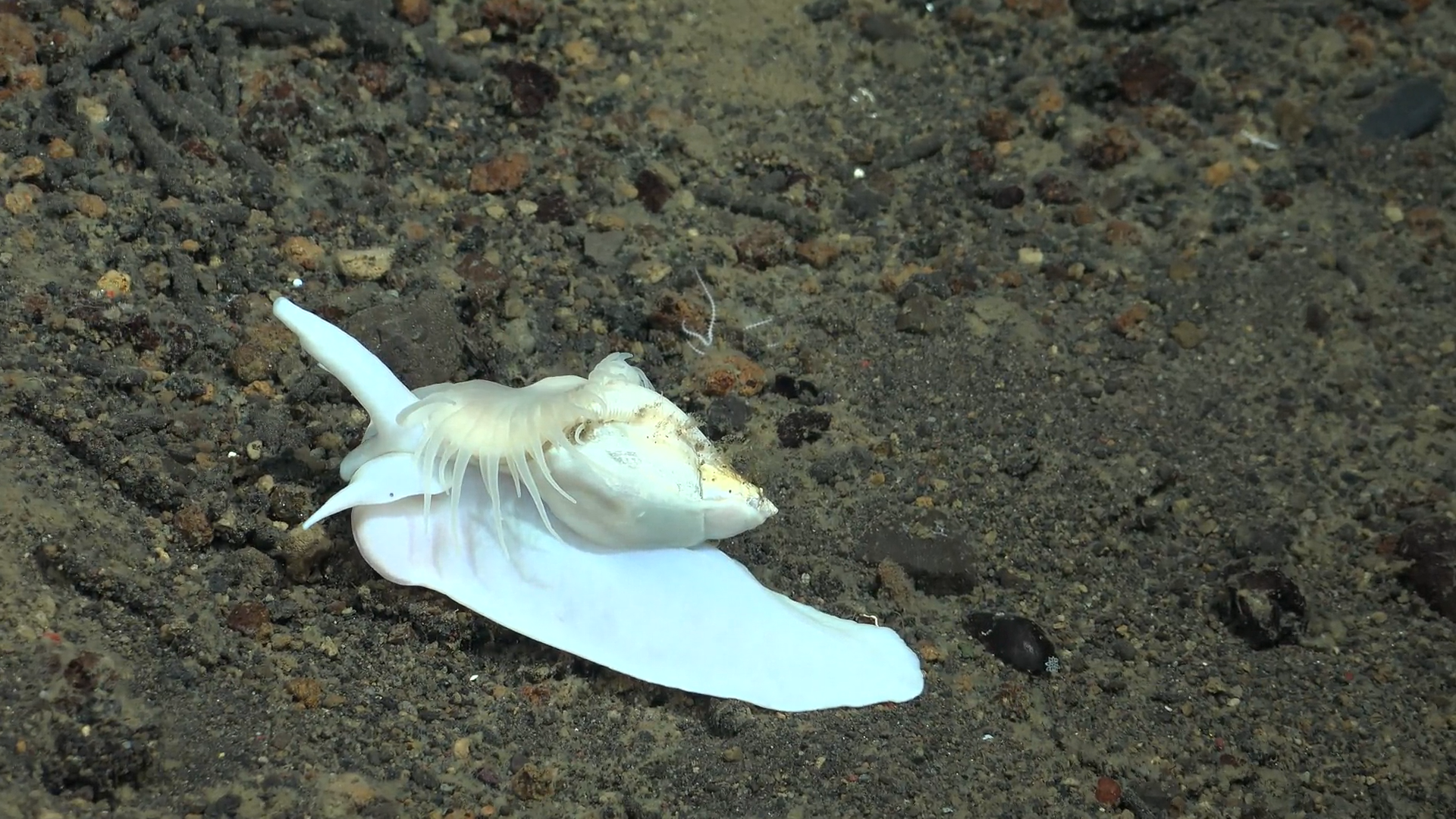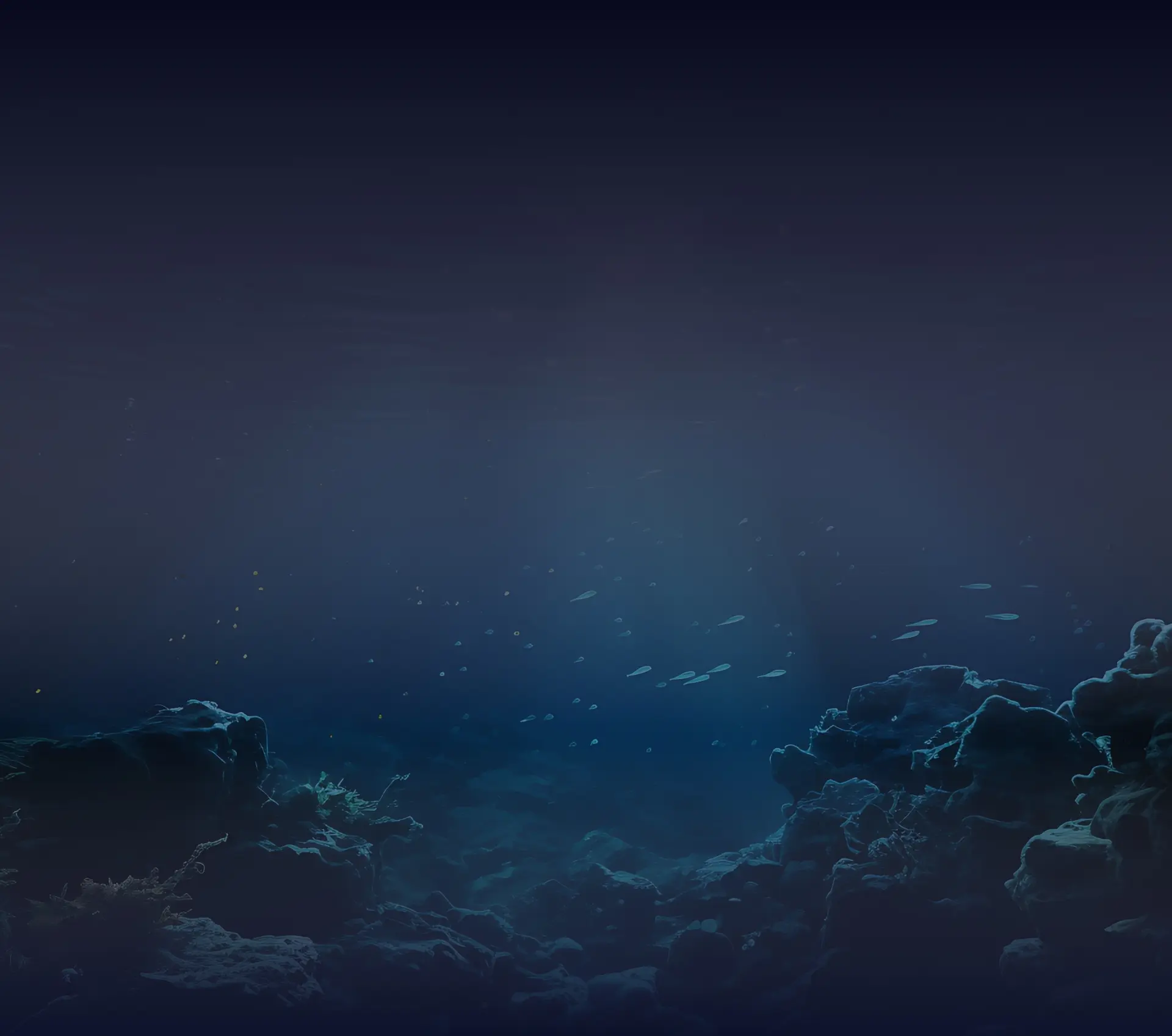
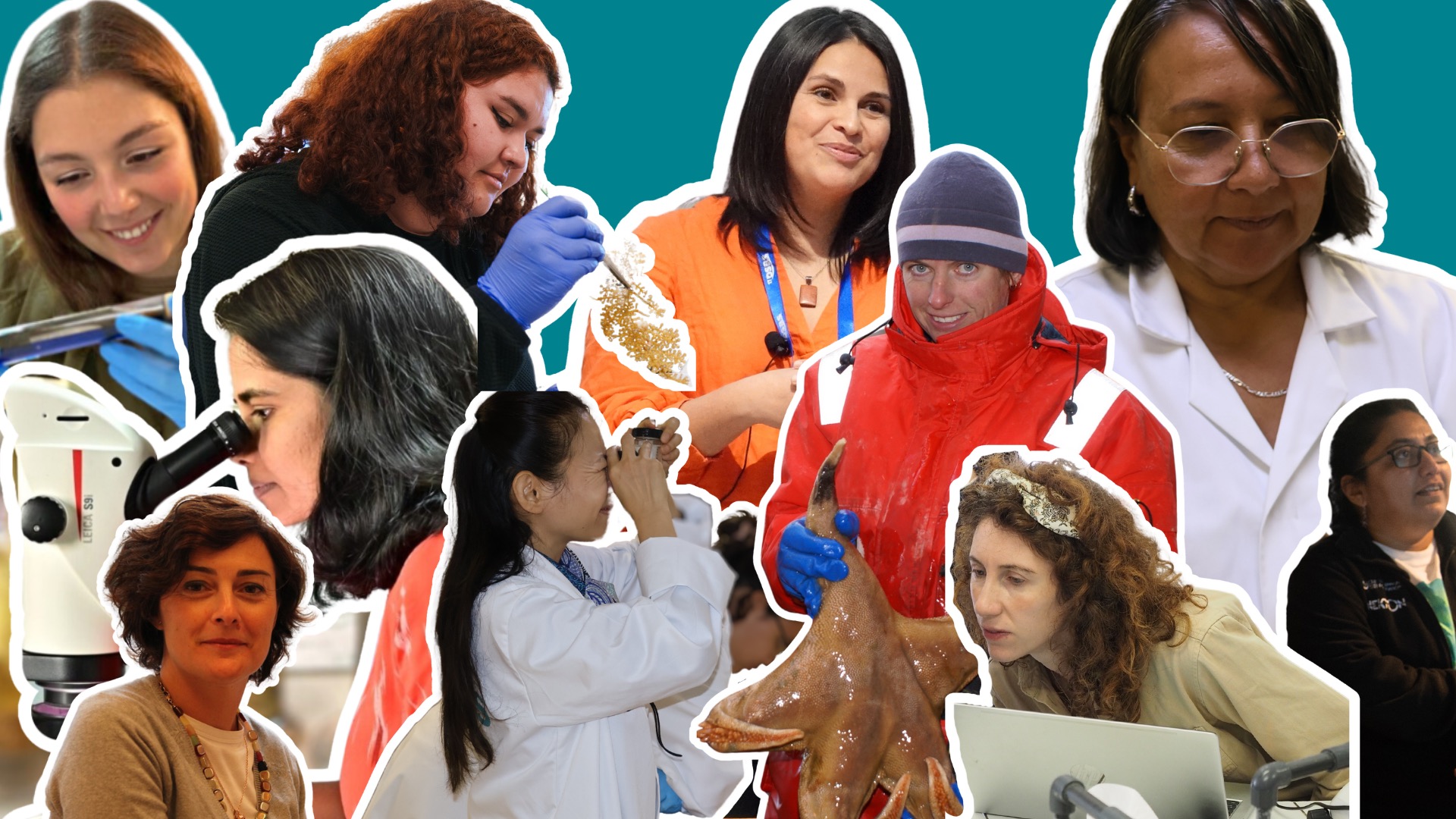
Women in Science Day 2025 – Meet the Incredible Women involved in the process of Species Discovery
Women in Science Day 2025
Meet the Incredible Women involved in the process of Species Discovery
Every year, International Day of Women and Girls in Science (11th February) celebrates the contributions of women in research, innovation, and exploration. Of course, being the Ocean Census, we will be focusing on the field of marine biology, where female scientists from our science network are making waves in species discovery.
This article follows the journey of new marine species-from collection in the field to final publication-through the voices of women leading the charge we explore the challenges, triumphs, and impact of women in marine science.
Women Scientists at Sea
Maritza Castro Contreras
Ocean Census Participant Scientist from Nazca Ridge Expedition
How does being part of a diverse team affect the dynamics and success of an expedition?
The most important thing is that the entire team has the same objective, accepting advice and putting ideas together, everything else flows and great things are achieved, such as the discovery of thousands of species, since cooperation from everyone is needed to achieve it. Therefore, a diverse group will add value to an expedition as long as we all have the same objective and intentions to do our best.
What is the most exciting thing for you about participating in an expedition?
The most exciting thing is learning from other scientists, who demonstrate everything they know and how they like to teach everyone. Also, it’s interesting to see the different work dynamics depending on the different area of expertise.

Dr. Usha Parameswaran
Ocean Census Participant Scientist from Arctic Deep Expedition
How does being part of a diverse team affect the dynamic and success of an expedition?
In my experience, diversity leads to more engagement, empathy and enhanced outcomes during expeditions. A great example was my experience during the Ocean Census Arctic Deep Expedition in 2024, which brought together 36 researchers and media experts from nearly a dozen countries. The routine activities of the expedition were elevated by the diverse perspectives from around the world.
Outside of the workspace, I found it incredibly enriching to be living and traveling with a diverse team, from discovering unexpected cultural similarities with someone from halfway across the world to engaging in the same hobbies (knitting!) with fellow expeditioners!
What is the most exciting thing for you about being on an expedition?
On any expedition, I’m most excited when a sampler comes up from the seafloor, or an ROV comes upon an interesting seafloor feature. What new and exciting things will be revealed to us, with each dive or sample? Will we find some species no one has ever seen before? It always evokes a childlike sense of wonder for me!

Dr. Raissa Hogan
Ocean Census Participant Scientist from Bounty Trough Expedition
How does being part of a diverse team affect the dynamic and success of an expedition?
A diverse team brings together a range of perspectives, experiences, and problem-solving approaches, enhancing creativity and adaptability in the field. In marine science expeditions, where conditions are often unpredictable, we are not only exploring places that have never been studied before but also revisiting known regions with much fresh and diverse perspectives.
Life is an ever-evolving and infinite exchange – having a team with varied expertise and cultural backgrounds fosters innovation and resilience, ultimately leading to more comprehensive and meaningful discoveries.
What is the most exciting thing for you about being on an expedition?
For me, the most exciting part of an expedition is witnessing the life and dynamic processes of the ocean. It’s the sense of oneness—the ability to immerse myself in a completely different world and witness the intelligence of nature’s life force, the supreme creativity of life’s evolutionary design, while simultaneously recognising that we, along with all biological systems, are part of this same intelligence and design.
Sea exploration is the greatest passion of my life. It’s where my imagination runs wild. Piecing together the puzzle of life on our tiny blue planet, in this vast universe, is one of the most magical and humbling experiences.

A Rise in Opportunities
Dr. Jini Jacob
Ocean Census Taxonomy Awardee
Have you noticed changes over time in opportunities for women in marine science?
Yes, over time, there has been notable progress in opportunities for women in marine science, more women are now pursuing careers in marine studies with increasing representation in research, leadership roles, and fieldwork. Increased awareness and initiatives promoting gender diversity have helped to create a more inclusive environment.
However, challenges such as work-life balance, fieldwork limitations, and funding disparities still exist. Continued efforts are needed to ensure equal opportunities and recognition for women in marine research.
Why is funding taxonomists to work on collections so important?
Taxonomists play a fundamental role in documenting biodiversity, which is essential for conservation, ecological studies, and understanding environmental changes. Funding for taxonomy makes sure that existing collections – museum and reference collections which house vast numbers of undescribed specimens – are properly studied, cataloged, and made accessible to researchers world wide

Giada Spagliardi
Ocean Census Taxonomy Awardee
Have you noticed changes over time in opportunities for women in marine science?
Yes, I have noticed a change over time. While many positions in marine science are now held by women, these roles aren’t necessarily designed exclusively for women. My experience has been consistently positive, and I believe my generation is fortunate to have a wider range of opportunities and support. That said, the level of support can vary by country, and my relatively recent entry into science means I’m still observing these shifts.
Why is funding taxonomists to work on collections so important?
Taxonomy relies heavily on collections because historical reference material (such as type specimens) is essential for accurate species identification. Collections also provide invaluable time-series data for assessing biodiversity changes, especially when field samples are limited.
In essence, taxonomy underpins all of biology – without reliable names and classifications, it’s challenging to communicate and study organisms effectively.

Women in Workshops
Liesl Jansen
Indian Ocean Species Discovery Workshop (2025)
How proud are you to be a woman in marine science. And how important is female representation within this field?
I am proud to be a woman in marine science. I started in the late 1990’s, and at the time, the environment was extremely male dominated. But, since then, female interest in the marine field has definitely grown. It was tough when we first started, being the only female and facing some level of discrimination for “not being strong enough” as there is a lot of sea work, sea trips, cruises.
Nevertheless, I continued pursuing this career because I really loved doing it. And, over the years, people’s perspectives changed. It was great that we had support from managers and peers along the way.
Do you think women scientists bring different approaches or values to species discovery?
Yes, I think they do. I think we do bring a different perspective because we tend to be, I think, more compassionate. We tend to think with our feelings which can help understand people’s perspectives better. I find that we are quite open to seeing a project through, we are nurturing.

Dr. Asako Matsumoto
Indian Ocean Species Discovery Workshop (2025)
What inspired you to become a taxonomist?
I didn’t expect to be a taxonomist. But when I was a child, I saw the movie entitled “The Silent World” by Captain Jacques-Yves Cousteau, the French novelist and researcher. When I saw that movie, I was so impressed by what he had found.
How proud are you to be a woman in marine science, and how important is female representation within this field?
When I saw that movie, there was another female besides Captain Cousteau. She was his wife: Simone Melchior. Seeing her made me realise that I too could be a marine biologist.

Inspiring careers paths
Dr. Belén Arias
Ocean Census Science Manager
Do you think discoveries can inspire more women to consider careers in marine science?
Absolutely, we are aware of the biodiversity crisis we are experiencing as a society, so it is paramount to have researchers working to assess the baseline of animals inhabiting one of the largest ecosystems on Earth, the ocean. I am certain that when the stories behind groundbreaking science are shared by women, it becomes a powerful tool to break stereotypes.
I am from Chile, and I never imagined in my life that I would be part of a scientific expedition to remote and wild sea regions. As a child, I remember Jacques Cousteau as a marine role model, with his amazing documentaries. It took me a long time, and it wasn’t until I moved to the UK that I found many female scientists dedicated to studying and protecting deep ocean biodiversity.
I love the career path that Sylvia Earle has developed—her incredible passion for marine life is truly inspiring. I also had the opportunity to work with and be mentored by Dr. Ana Riesgo and Dr. Michelle Taylor, learning about sponges and corals and their critical role in creating habitats for many other species.

Research into Impact
Prof. Giuliana Panieri
Recently co-published paper:
What advice would you give to your younger self or other young women considering a career in marine science and exploration?
My advice to my younger self is not to be discouraged, not to seek others’ approval, to stay positive, and to enjoy life. My advice to other young women considering a career in marine science would be to stay curious, persistent and do things with “positive vibes” (as my daughter tells me every time I do something challenging, or if I am afraid before an expedition).
The field of marine science is full of opportunities. It’s important to follow your passion and not be discouraged by challenges or setbacks. Build a network of supportive colleagues who can guide, inspire, or simply listen.
How does it feel to have published your most recent discovery?
I was fortunate enough to discover a mud volcano, which we named Borealis Mud Volcano. The name was decided in the ROV container after a meeting with the other colleges and the ROV pilots. This name was significant to me because it allowed the public to learn about the discovery, thanks to the media coverage that the discovery triggered. I didn’t view this as a personal achievement, as it was a team effort by everyone on board.
Read Full Publication:
Sanctuary for vulnerable Arctic species at the newly discovered Borealis Mud Volcano

Dr. Laetitia Gunton
Recently co-published paper:
What advice would you give to your younger self or other young women considering a career in marine science and exploration?
I originally wanted to study parasitic worms in humans, however, I took a module on deep-sea biology at university and I was instantly hooked. Our oceans are a vast underexplored expanse and contain an amazing diversity of life. It is a privilege to work with organisms that we share our planet with.
Do not listen to people who say there are no jobs in marine science and everything has already been discovered, it is not true.Keep doing what you are interested in and passionate about, it will take you to exciting places.
How does it feel to have published the last step of describing a species?
Humbling. I’ve added a small nugget of information to our knowledge of marine organisms. Simultaneously, it is overwhelming, there are so many undescribed marine invertebrates and a lack of active taxonomists.
Read Full Publication:
Three new species of bacterivorous Chrysopetalidae and Microphthalmidae (Annelida) inhabiting a whale fall off eastern Australia

Dr. Niki Davey
Recently co-published:
What advice would you give to your younger self or other young women considering a career in marine science and exploration?
I would fully recommend it but emphasise that there must be a passion for the ocean and not just the need for a job. It can be very rewarding but is a very poorly funded avenue (in New Zealand at least) so getting from the stage of collection through to publishing can often be frustrating. I also recommend making the effort to meet collaborators from different countries and organisations, as often between a few scientists there is more chance of progress.
How does it feel to have published the last step of describing a species?
It feels very satisfying but also very exhaustive. Seeing a printed copy of a new species with your name on it does feel quite out of this world.
Read Full Publication:
A report of sea cucumbers collected on the first dedicated deep-sea biological survey of Australia’s Indian Ocean Territories around Christmas and Cocos (Keeling) Islands (Echinodermata: Holothuroidea)

Related News
Join the census
The Ocean Census Alliance unites national and philanthropic marine institutes, museums, and universities, backed by governments, philanthropy, business and civil society partners.
